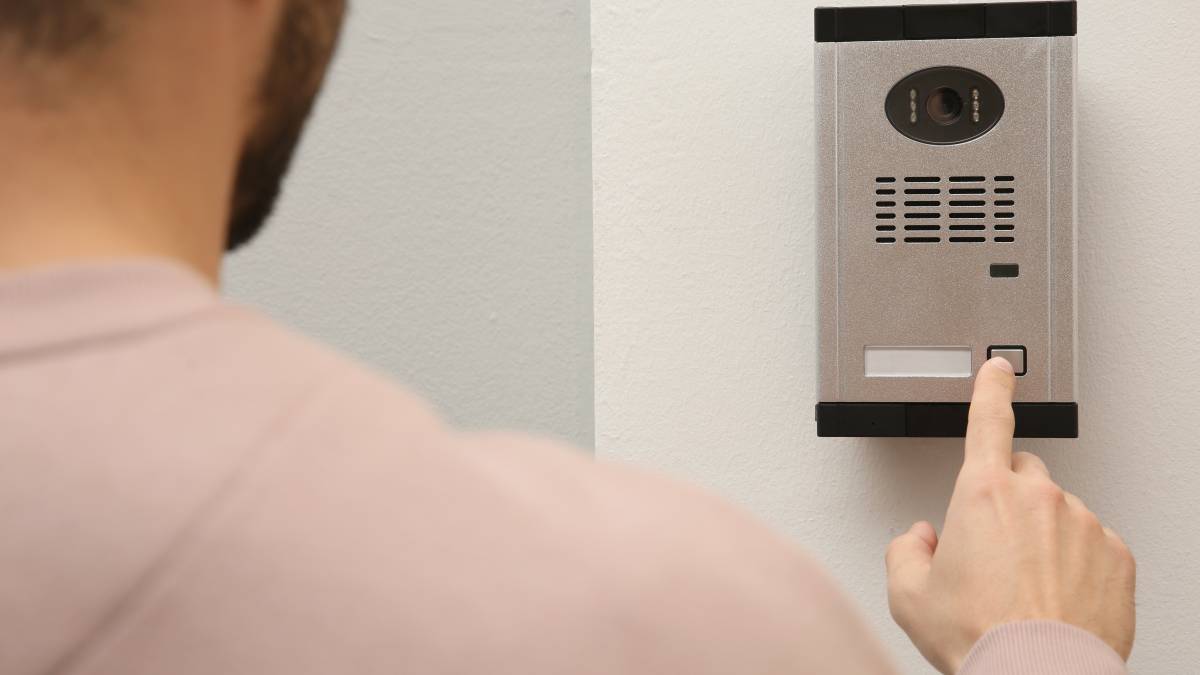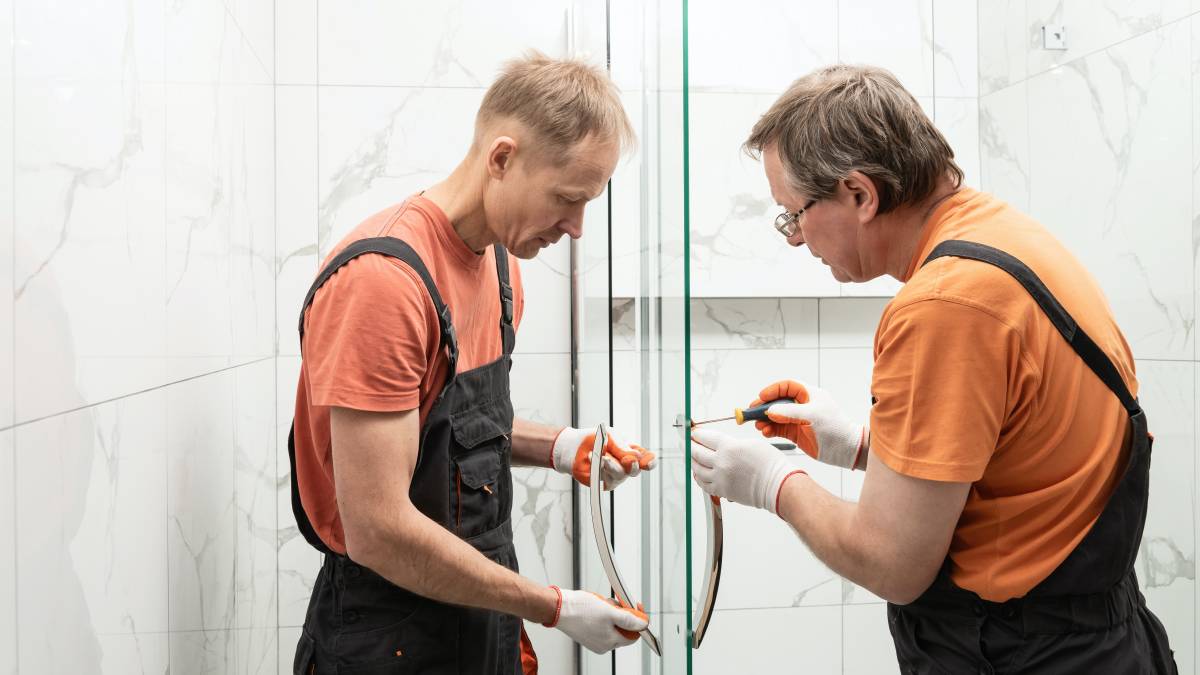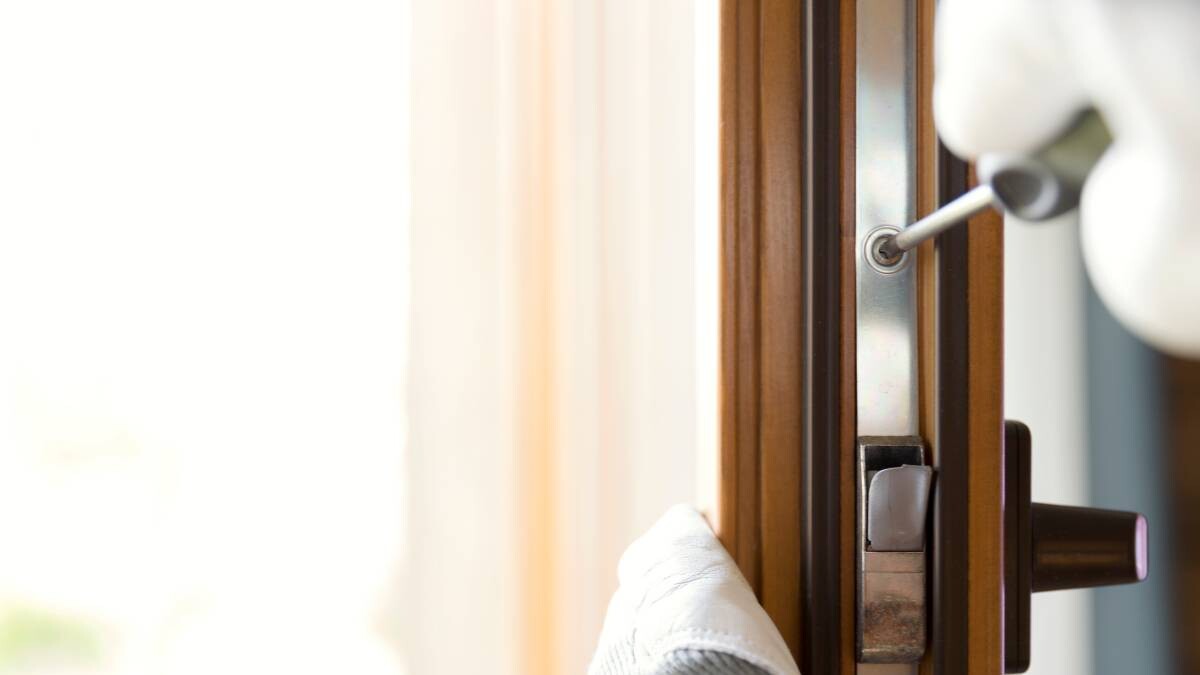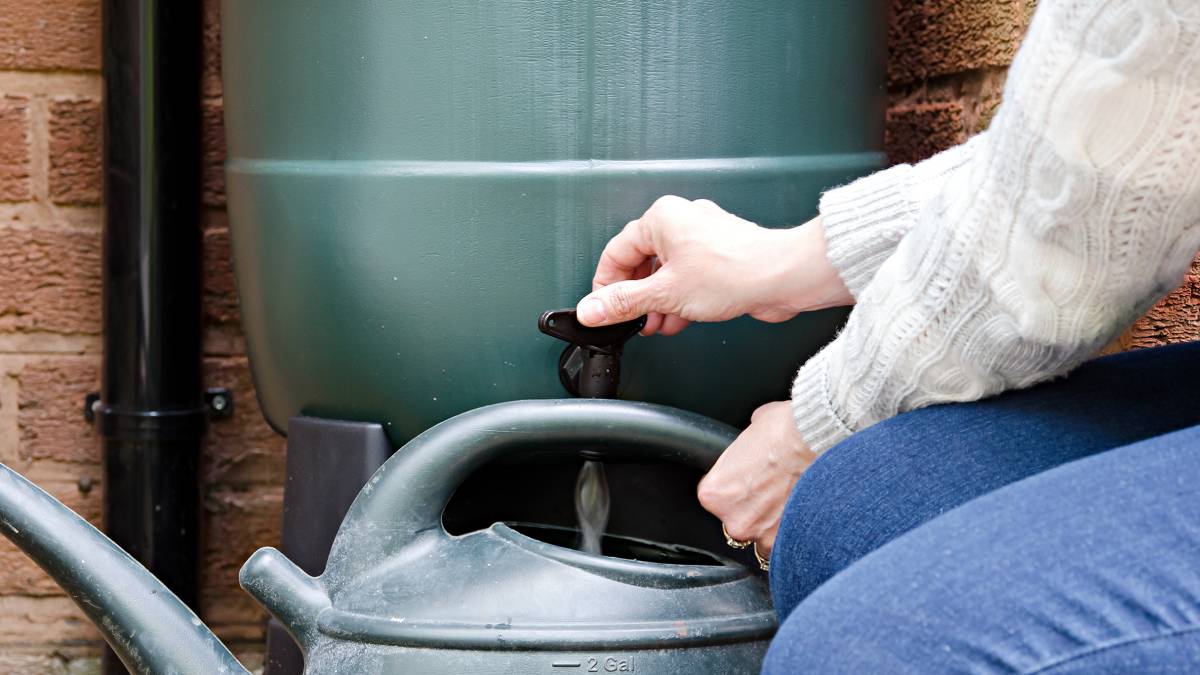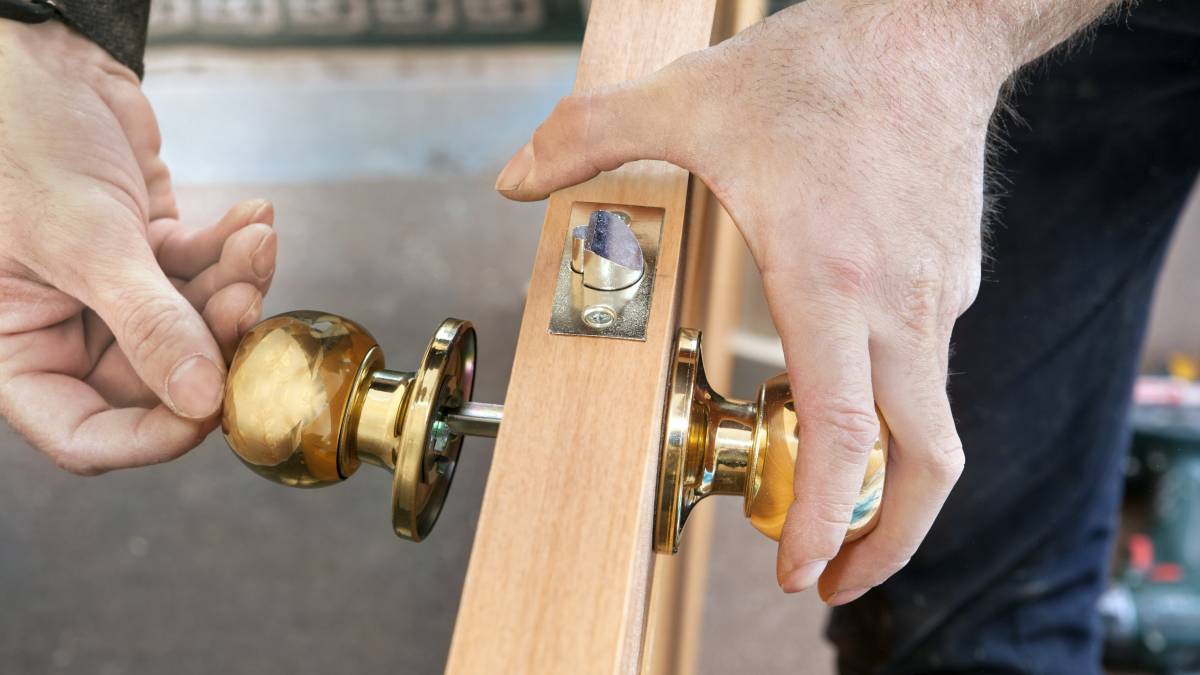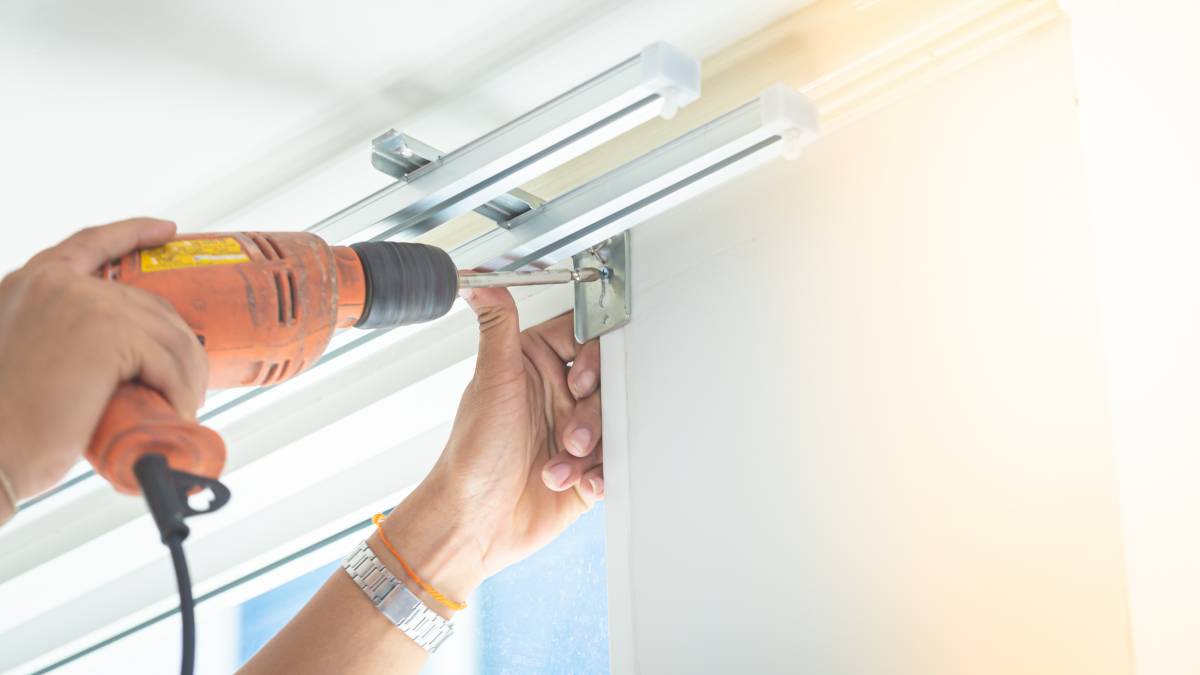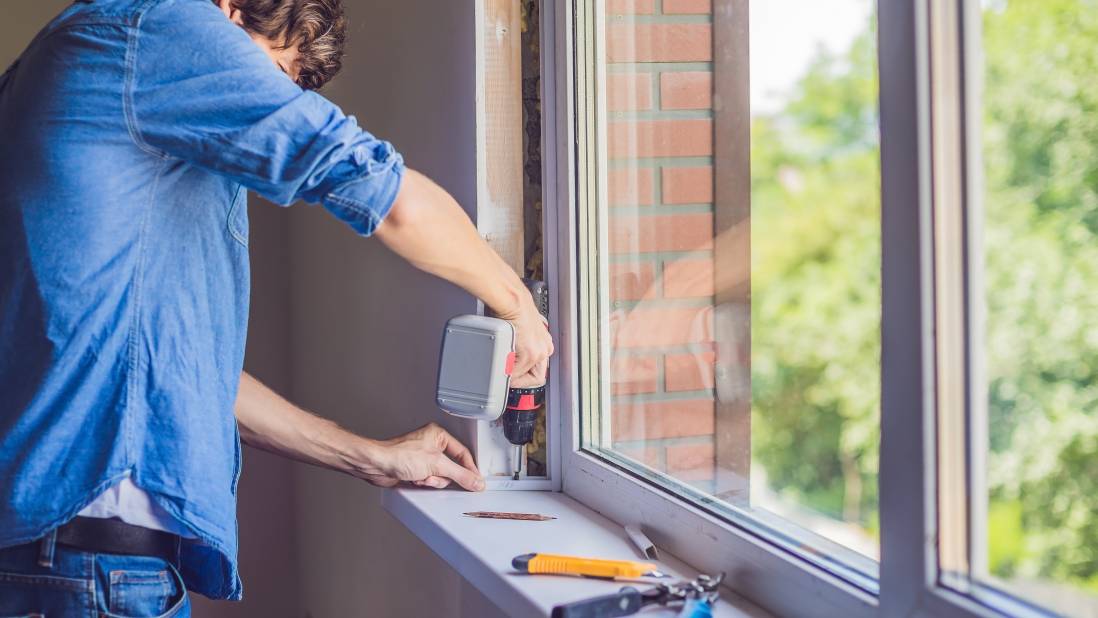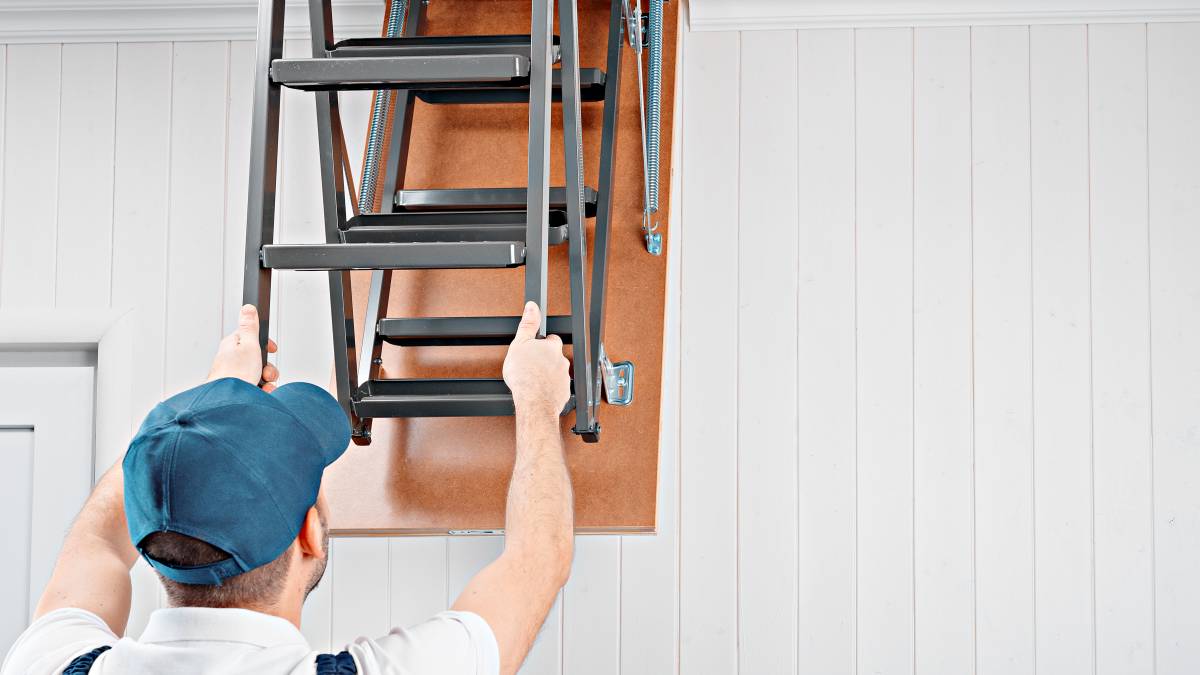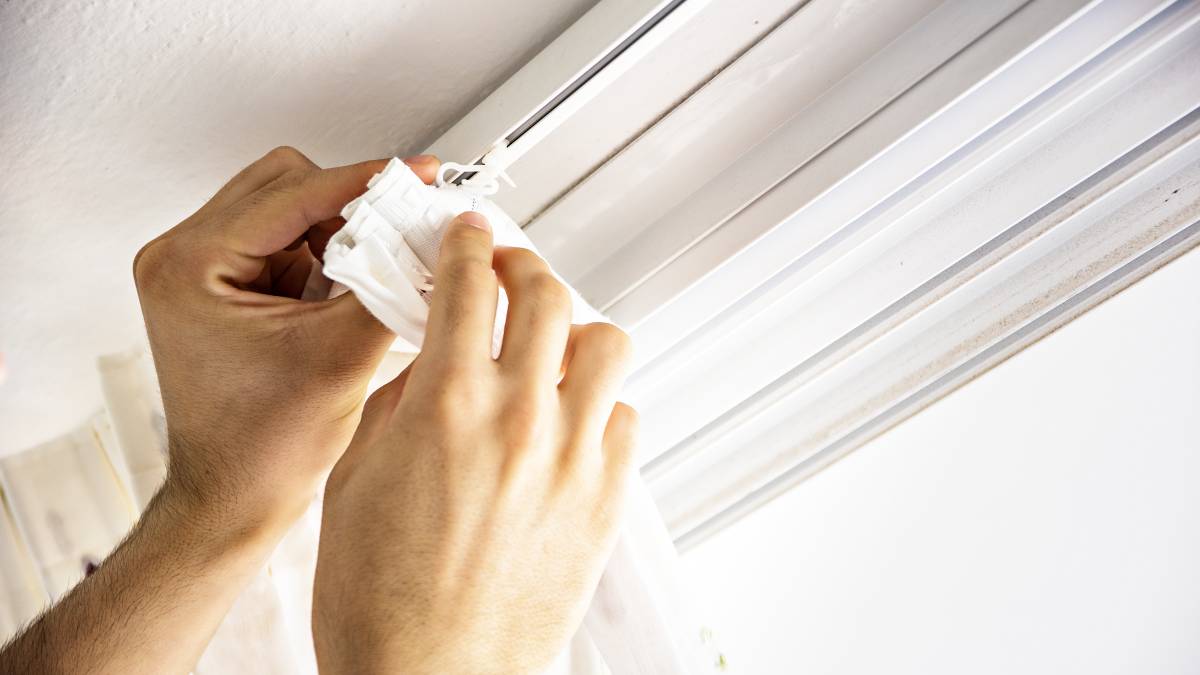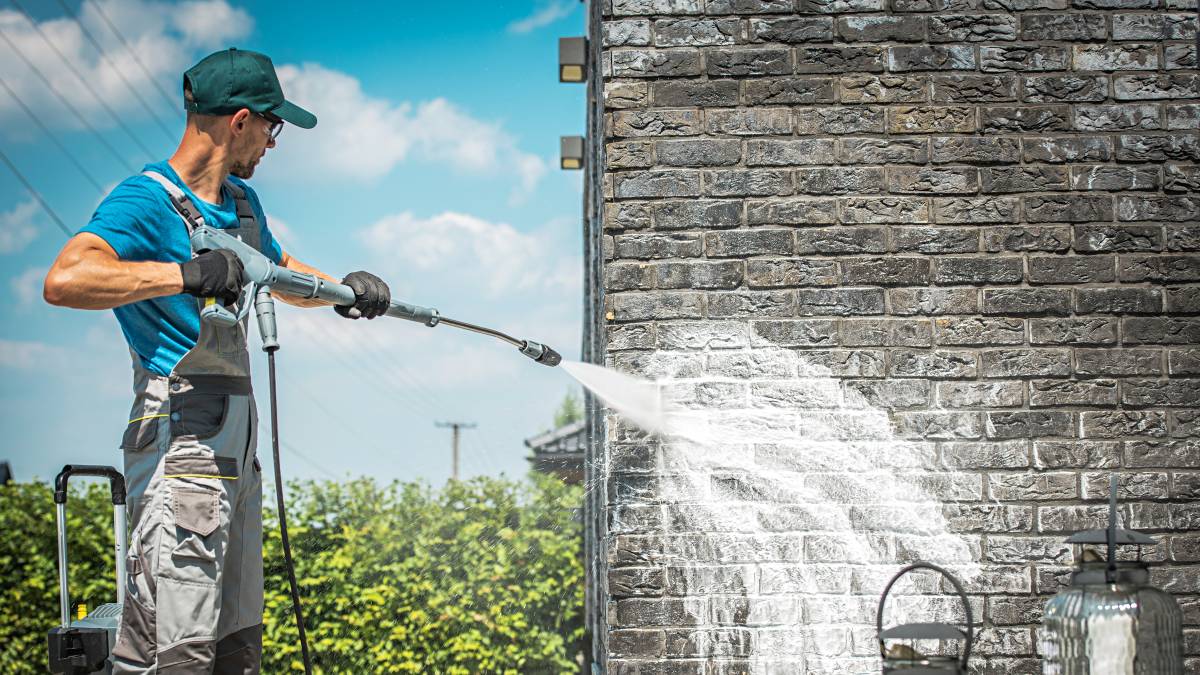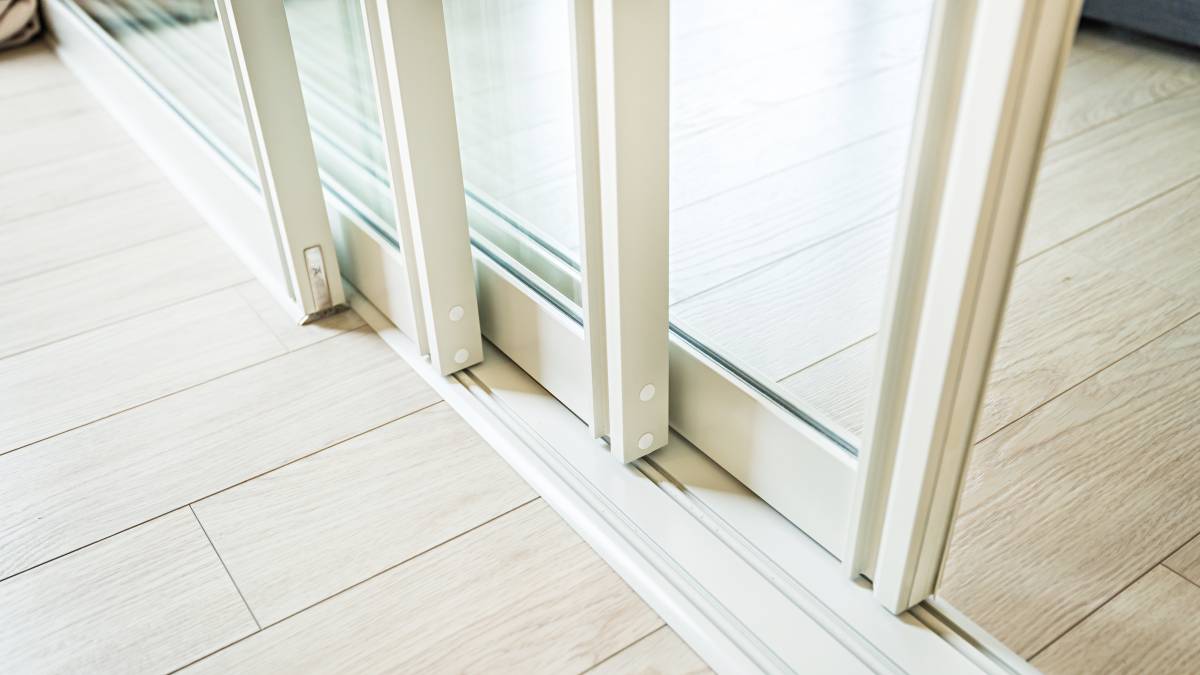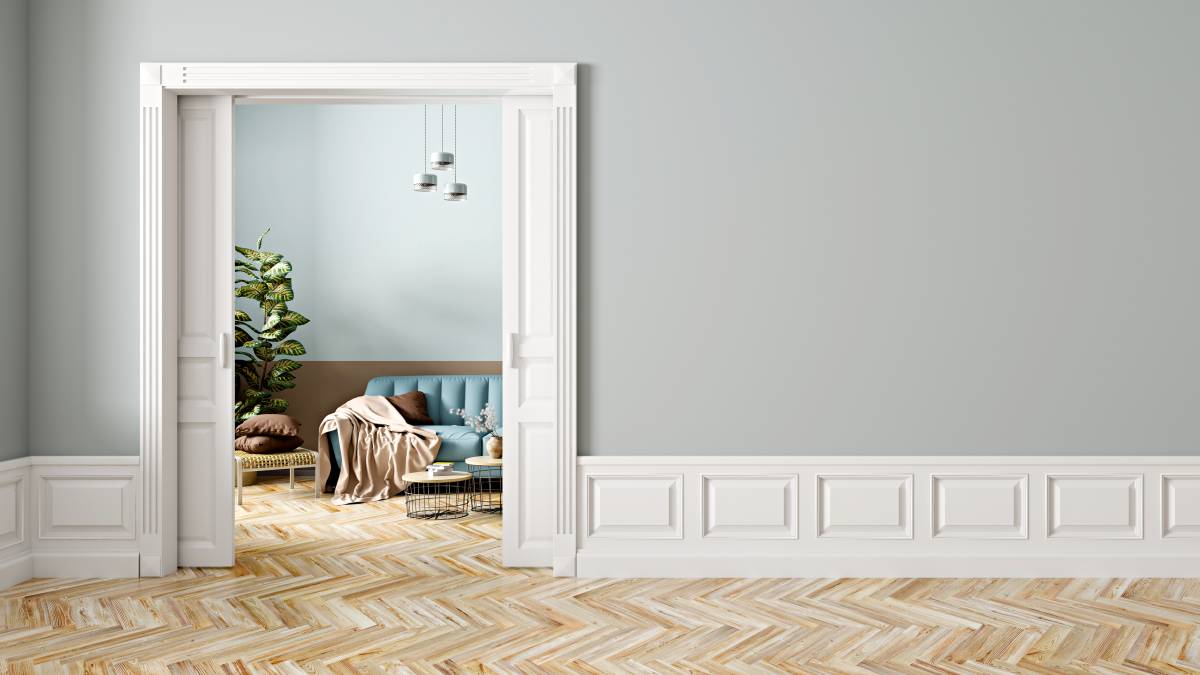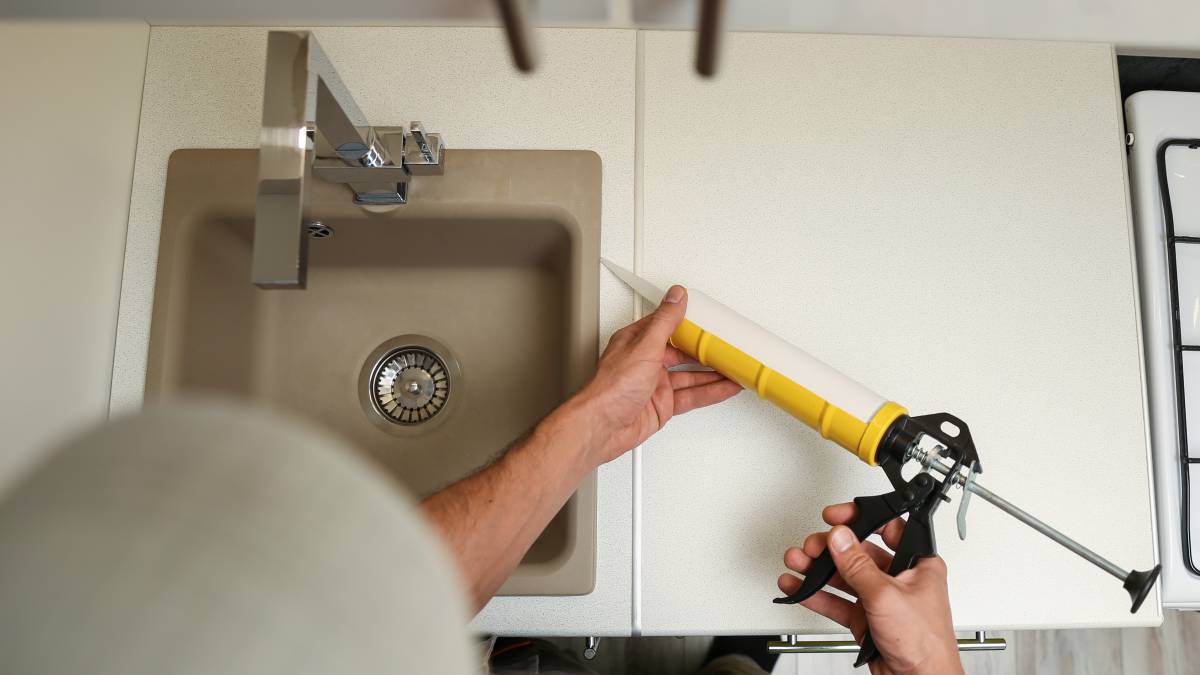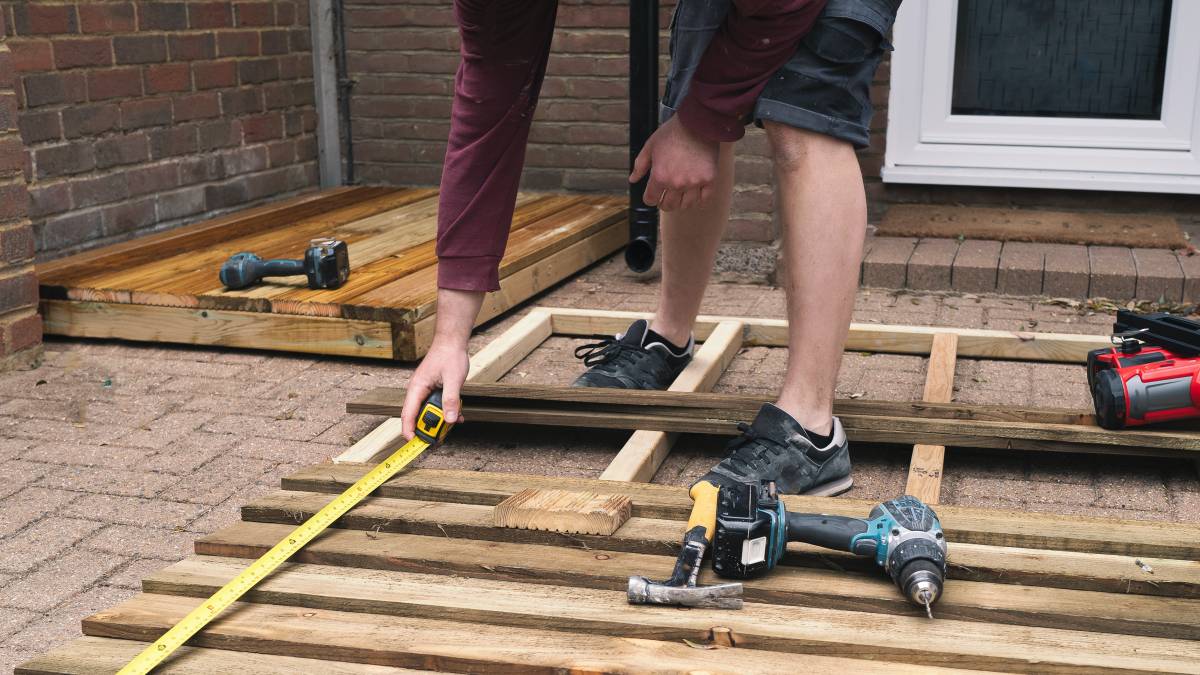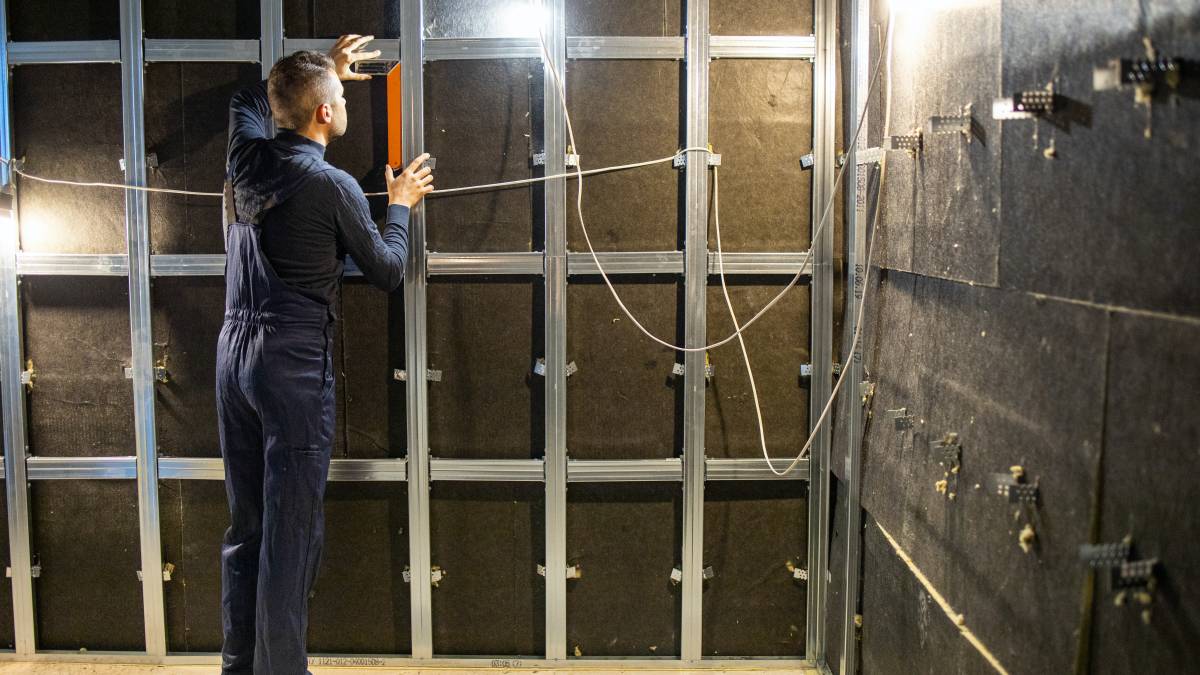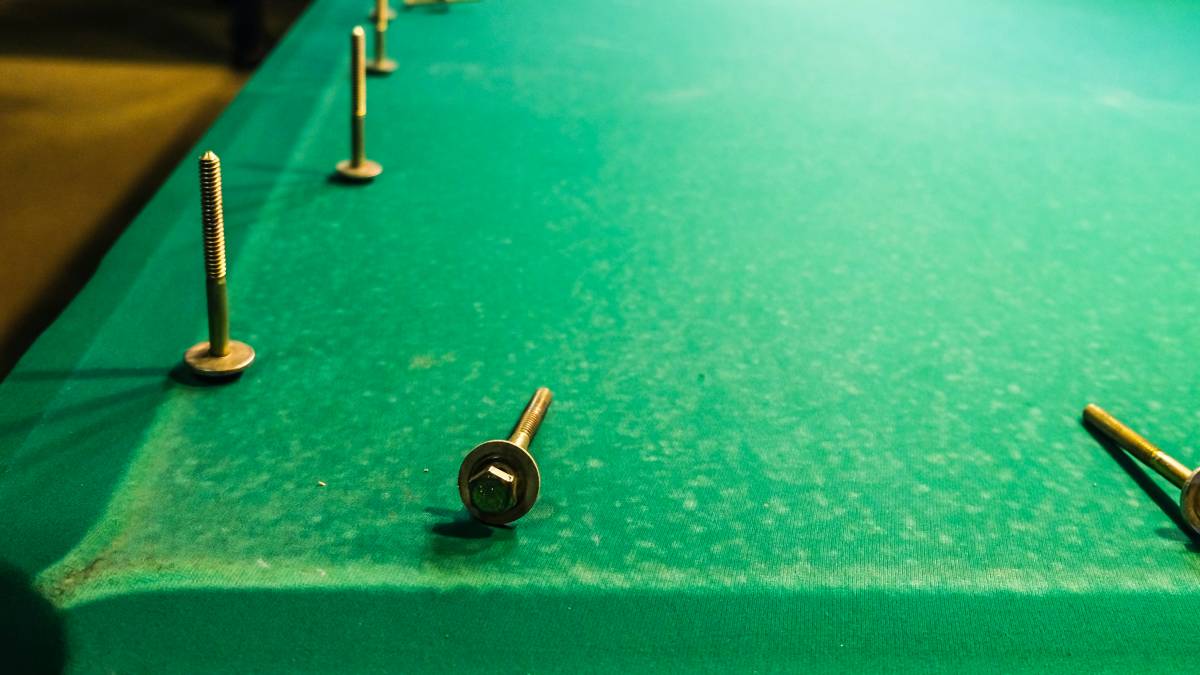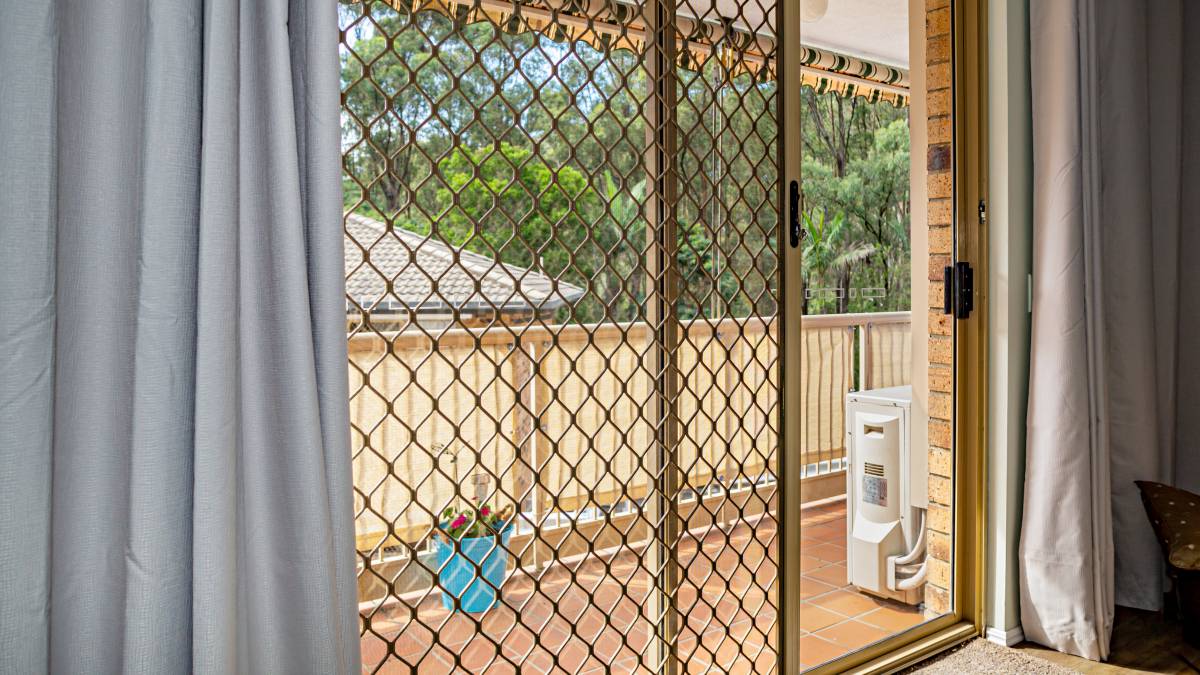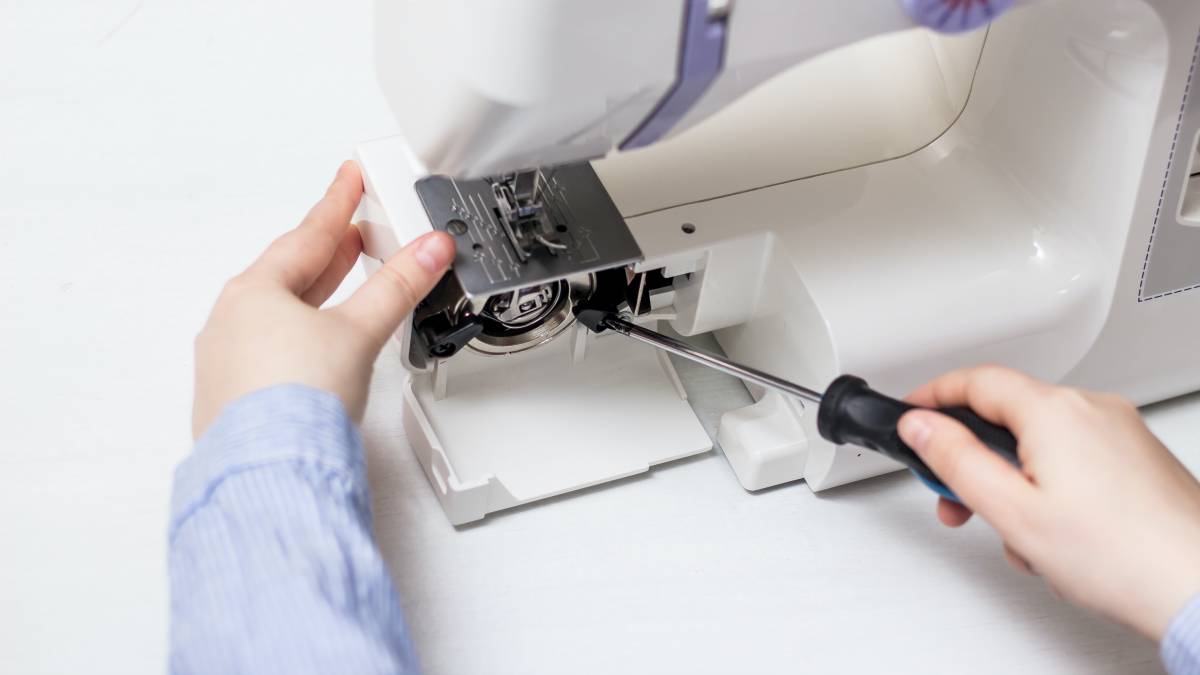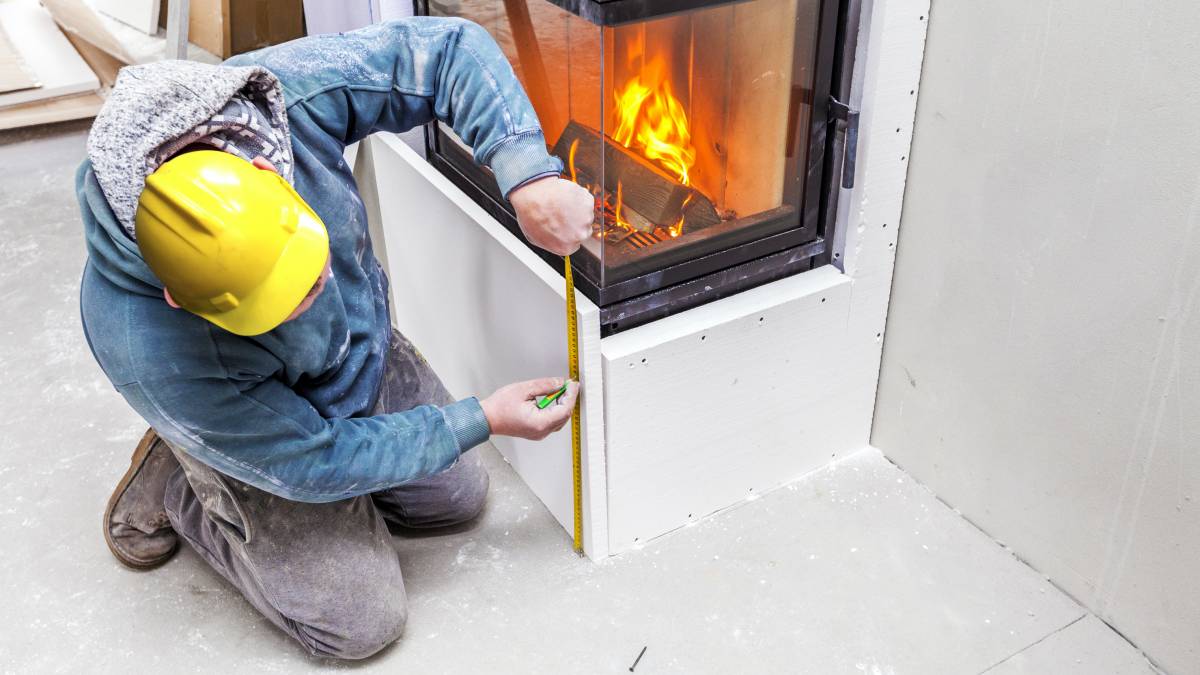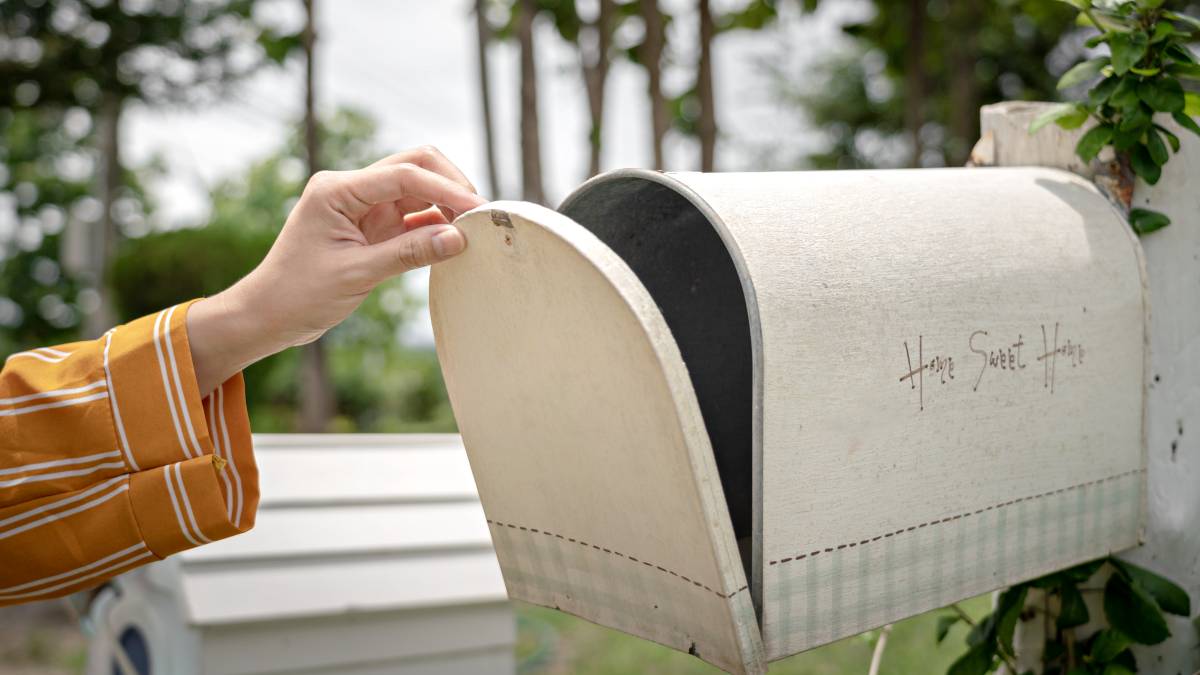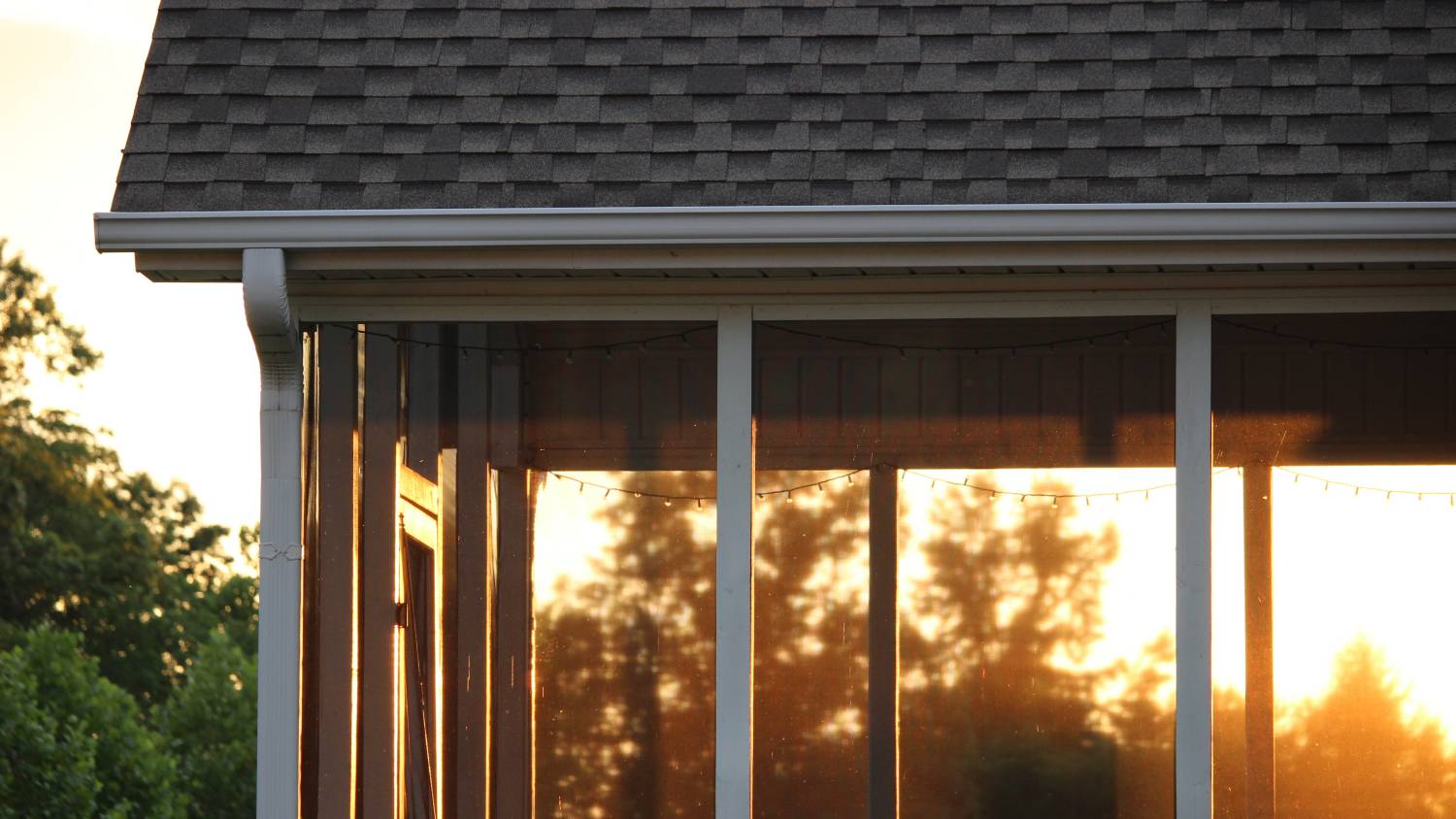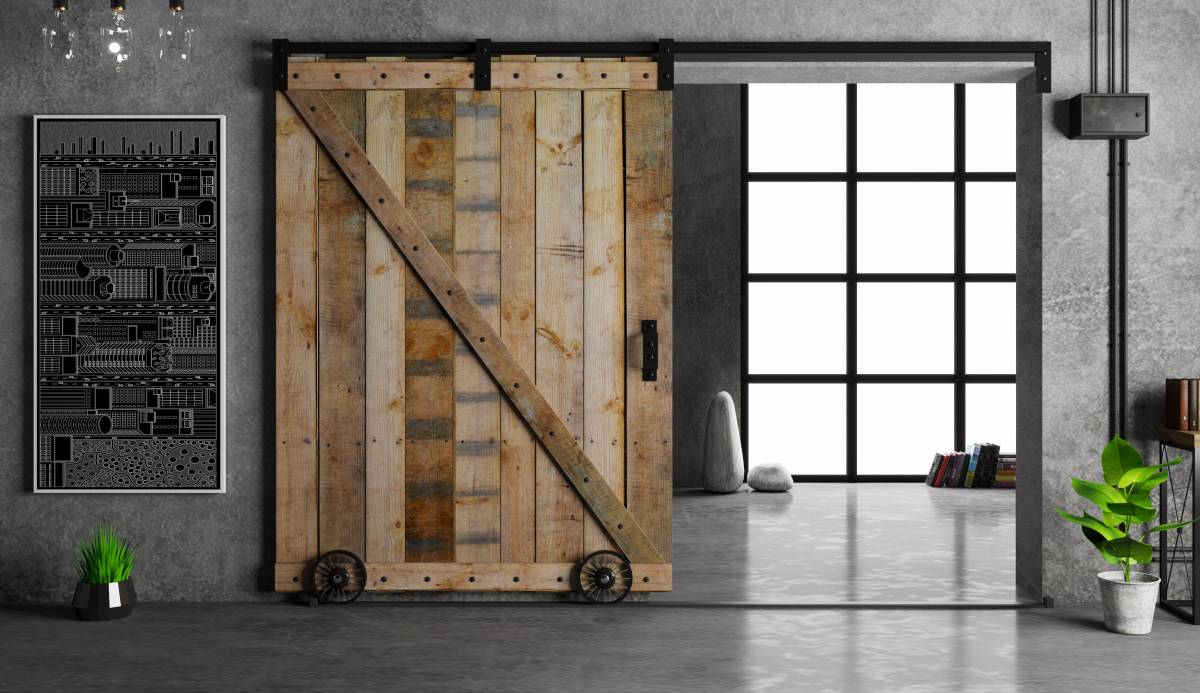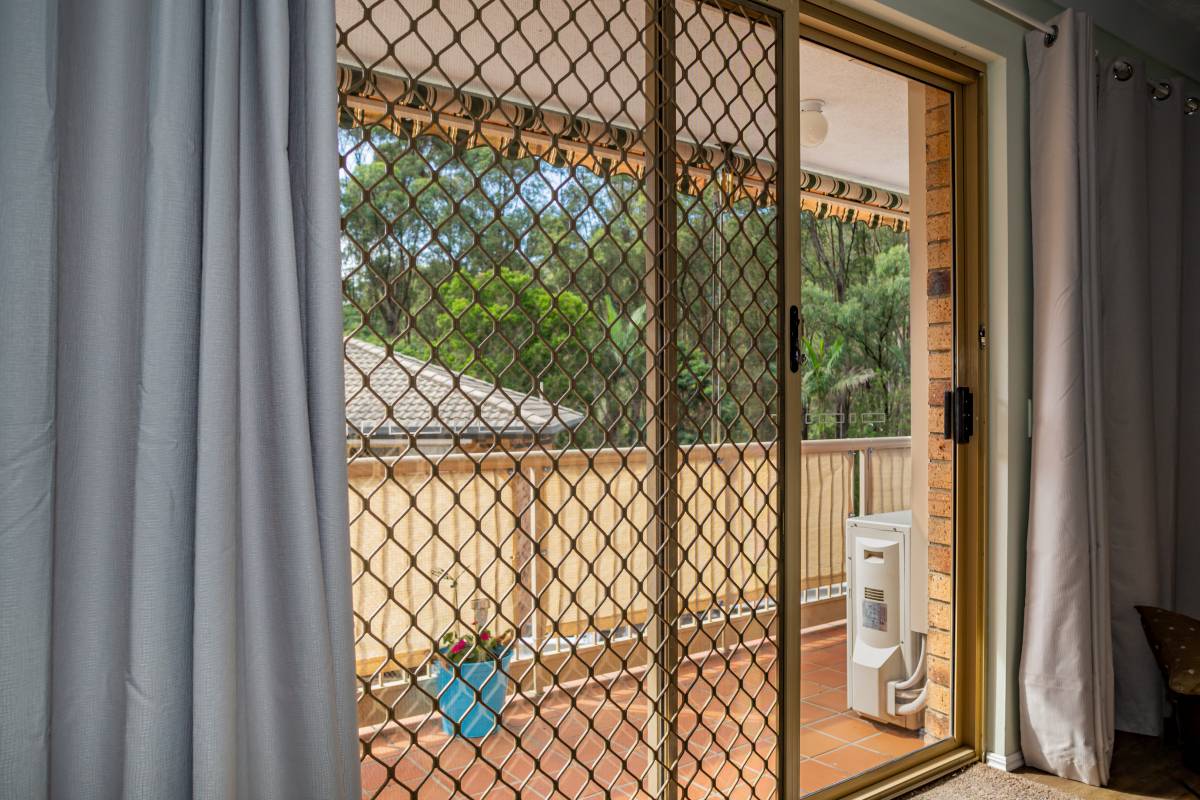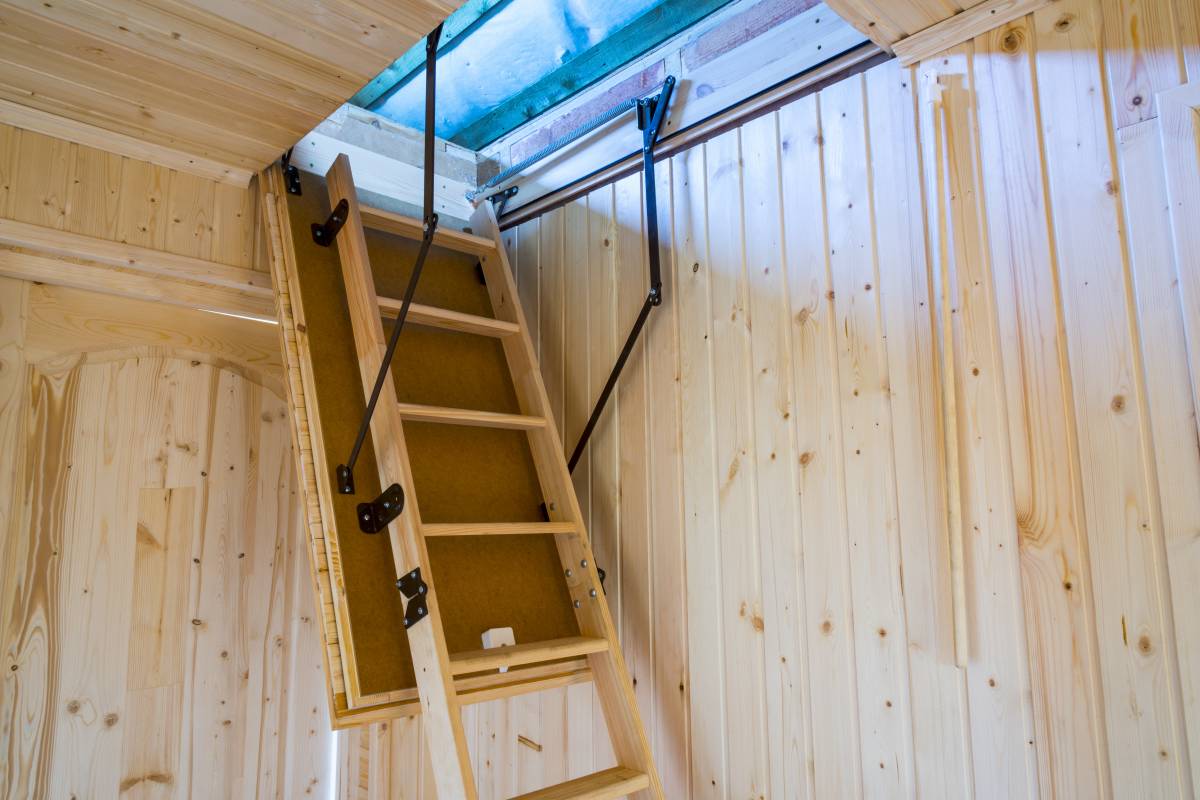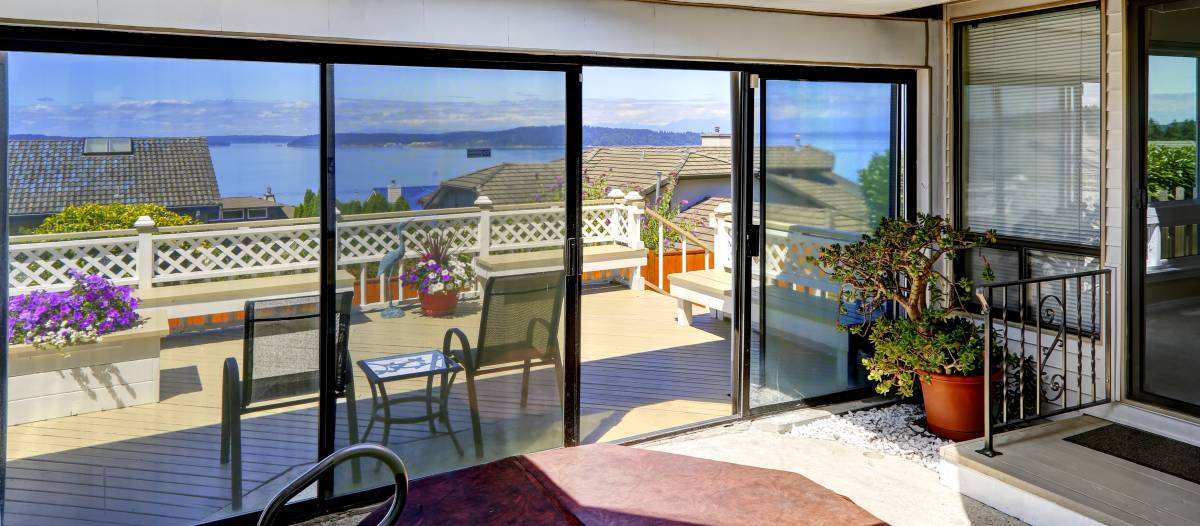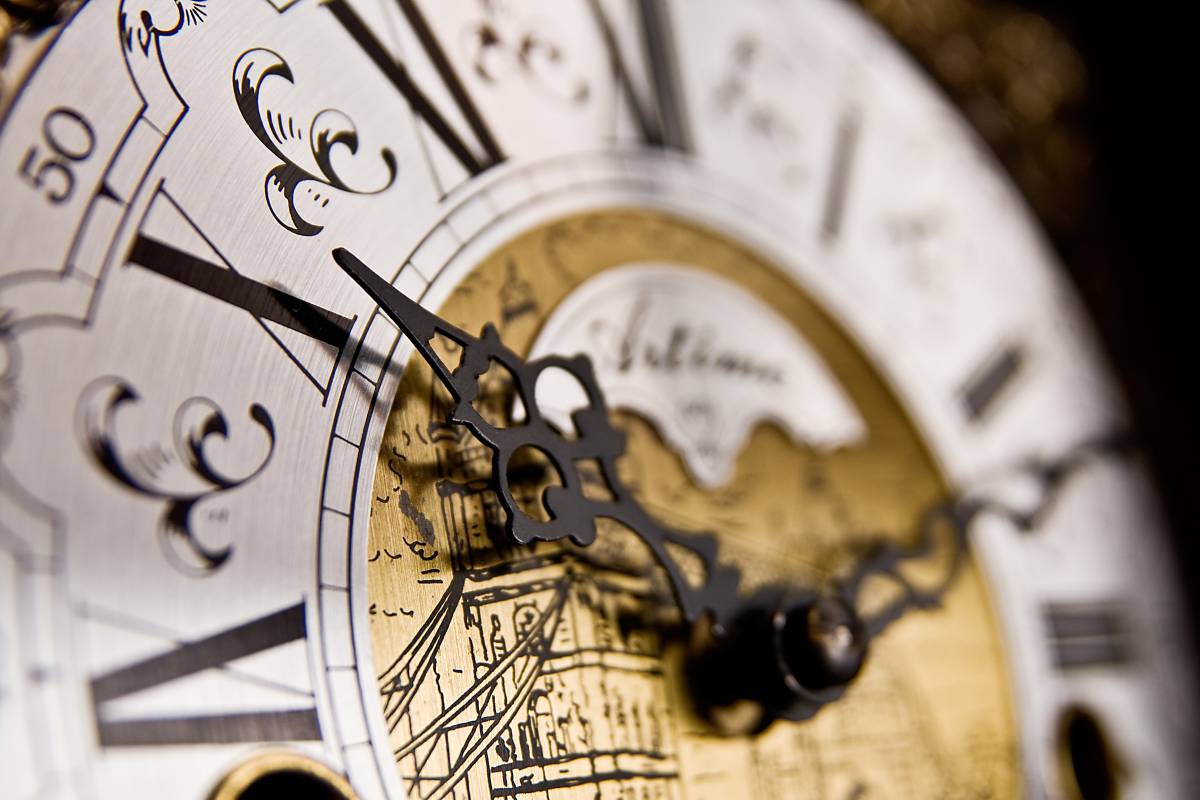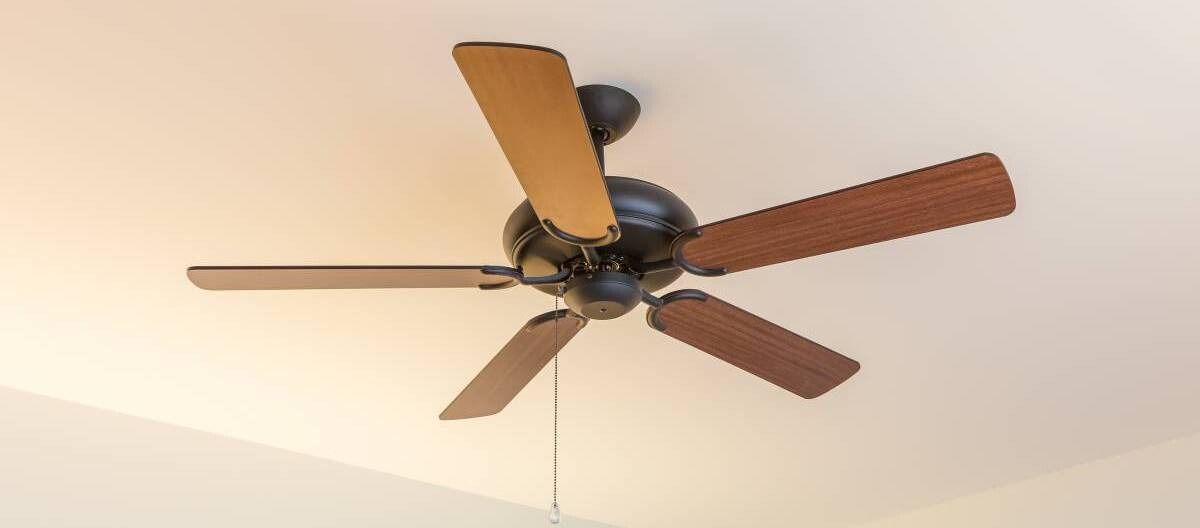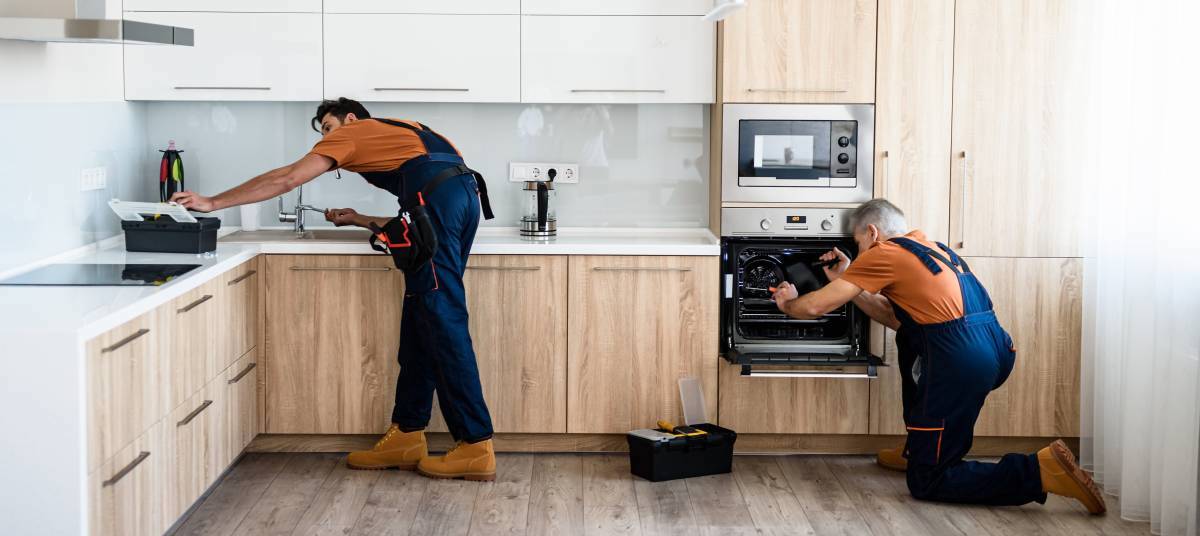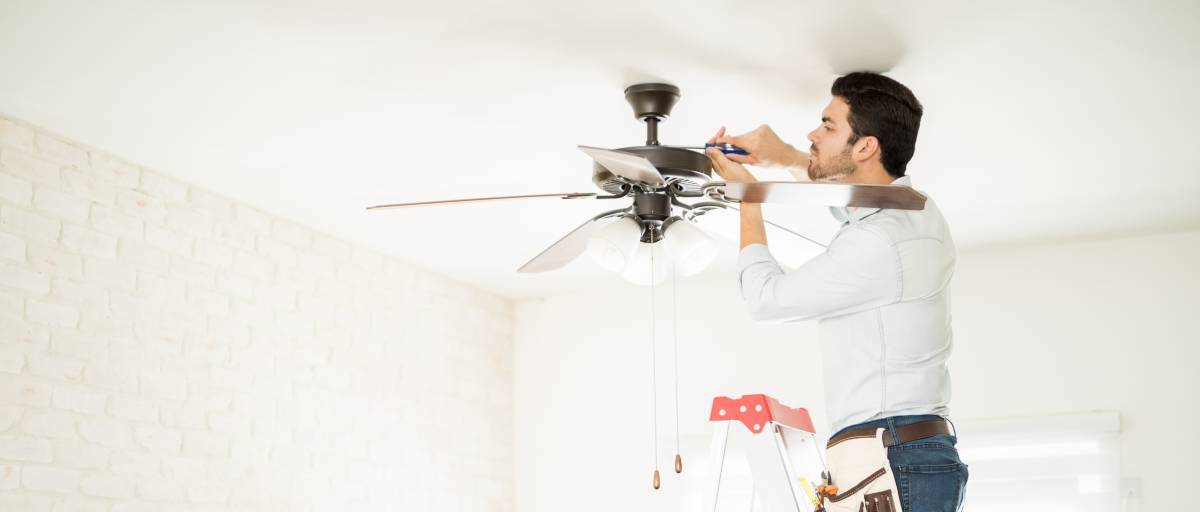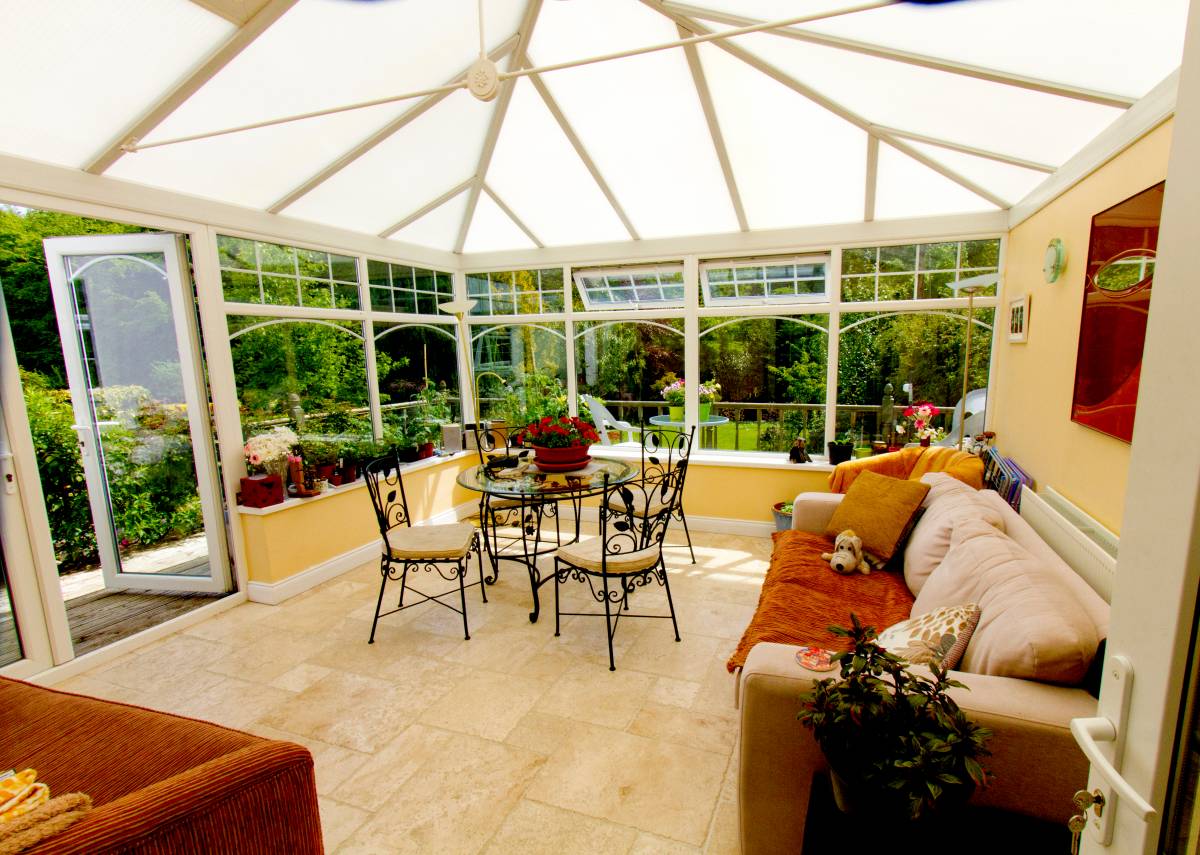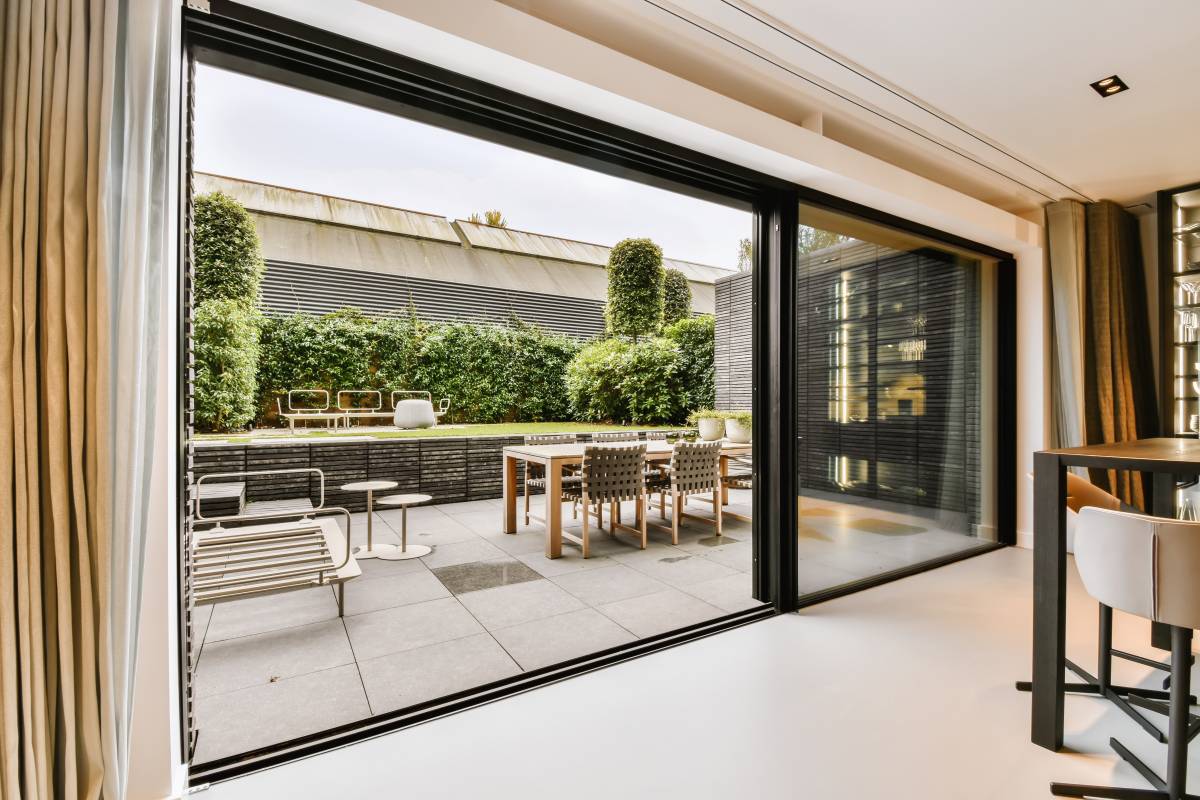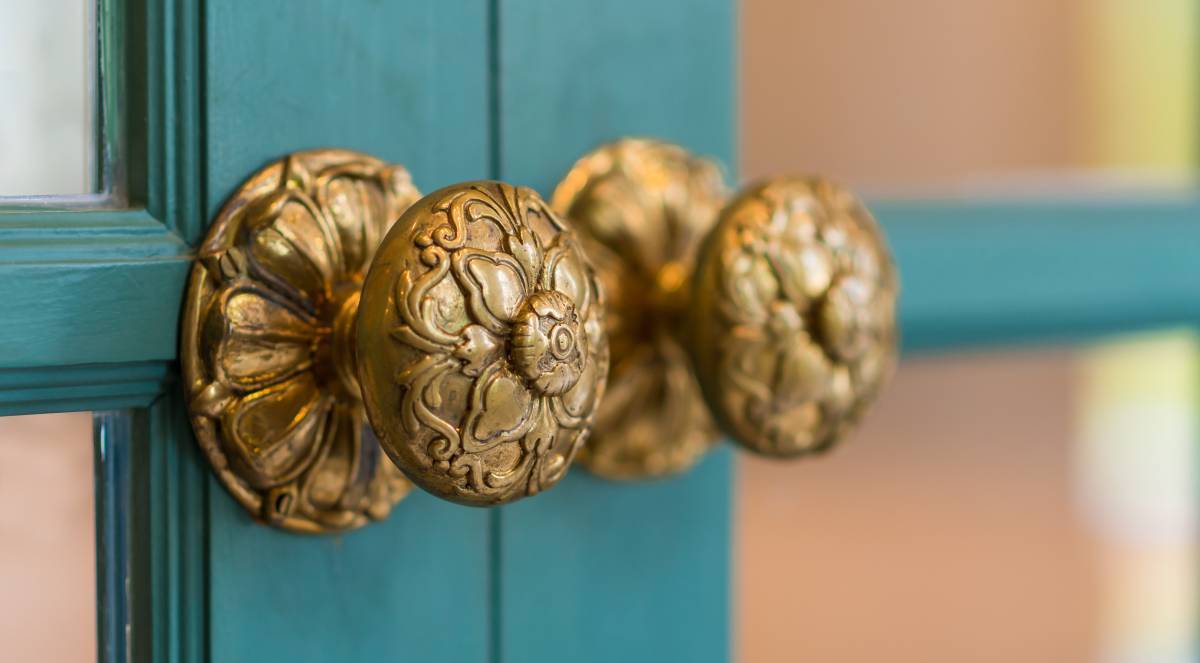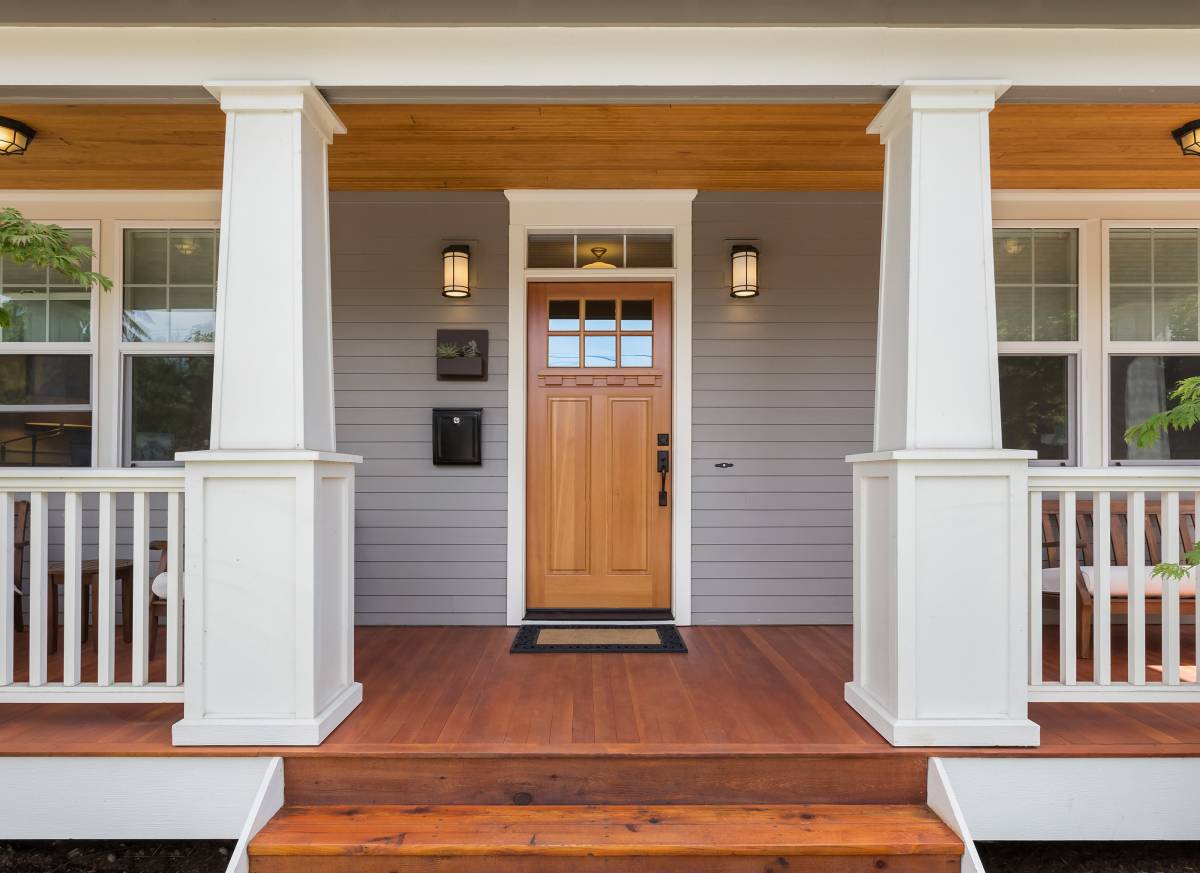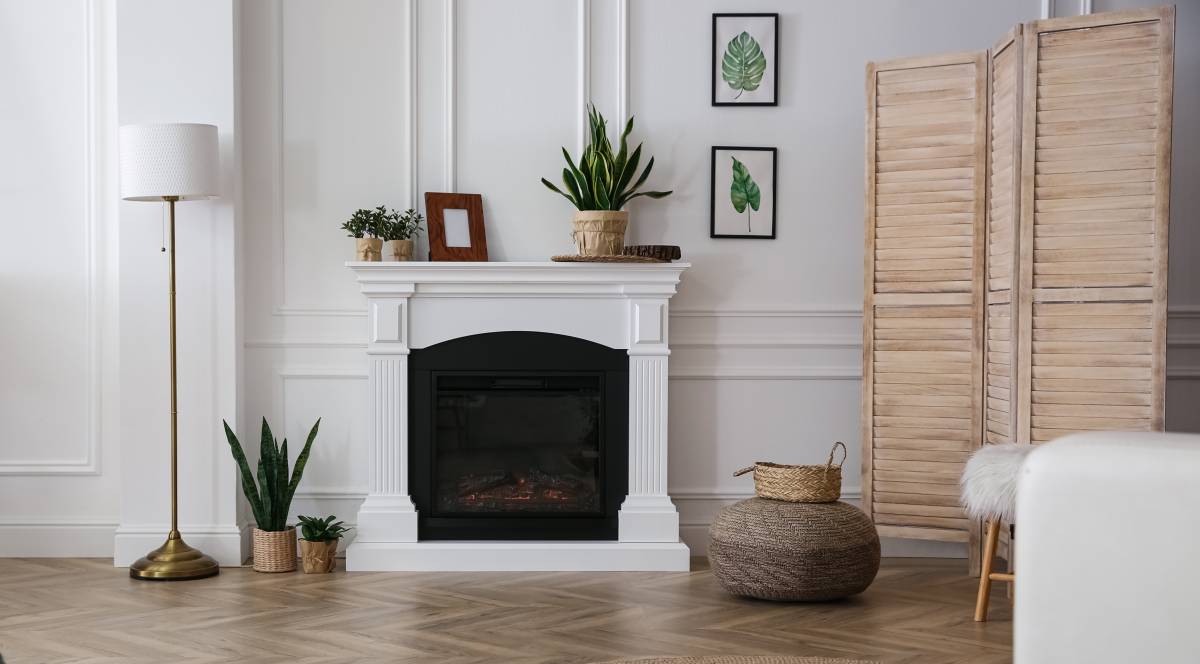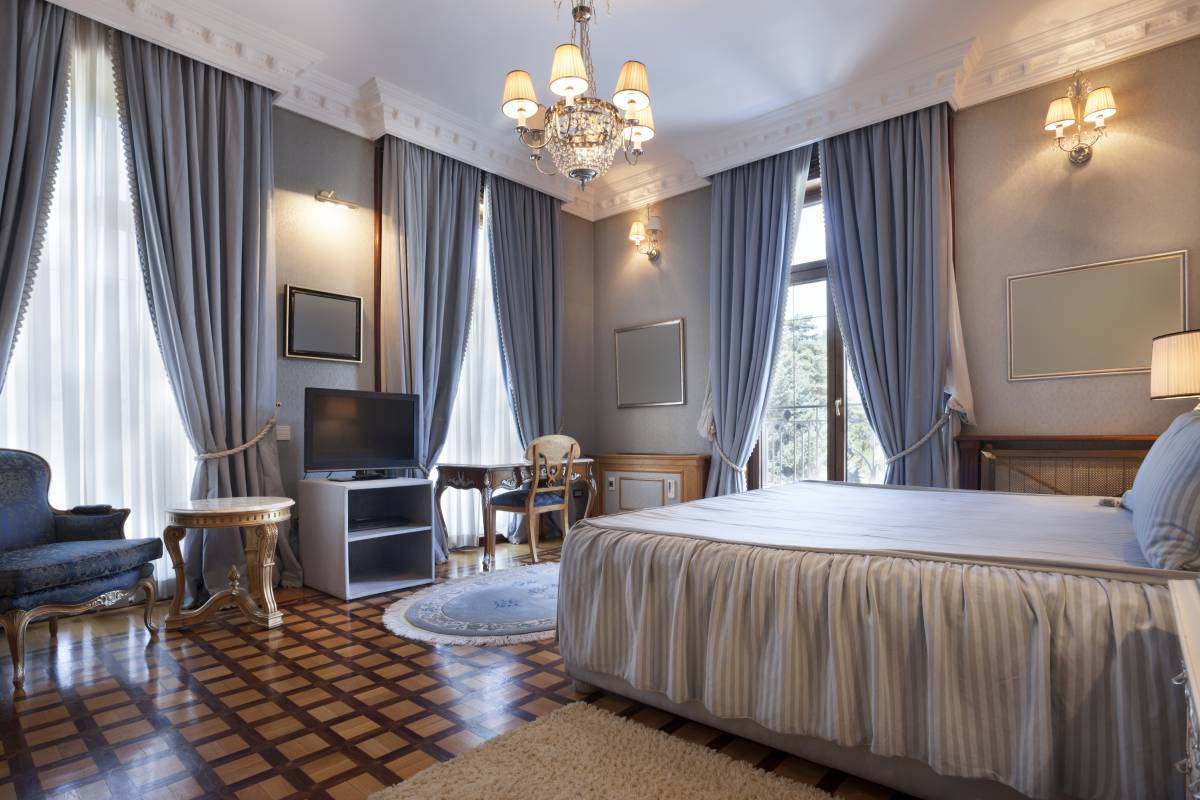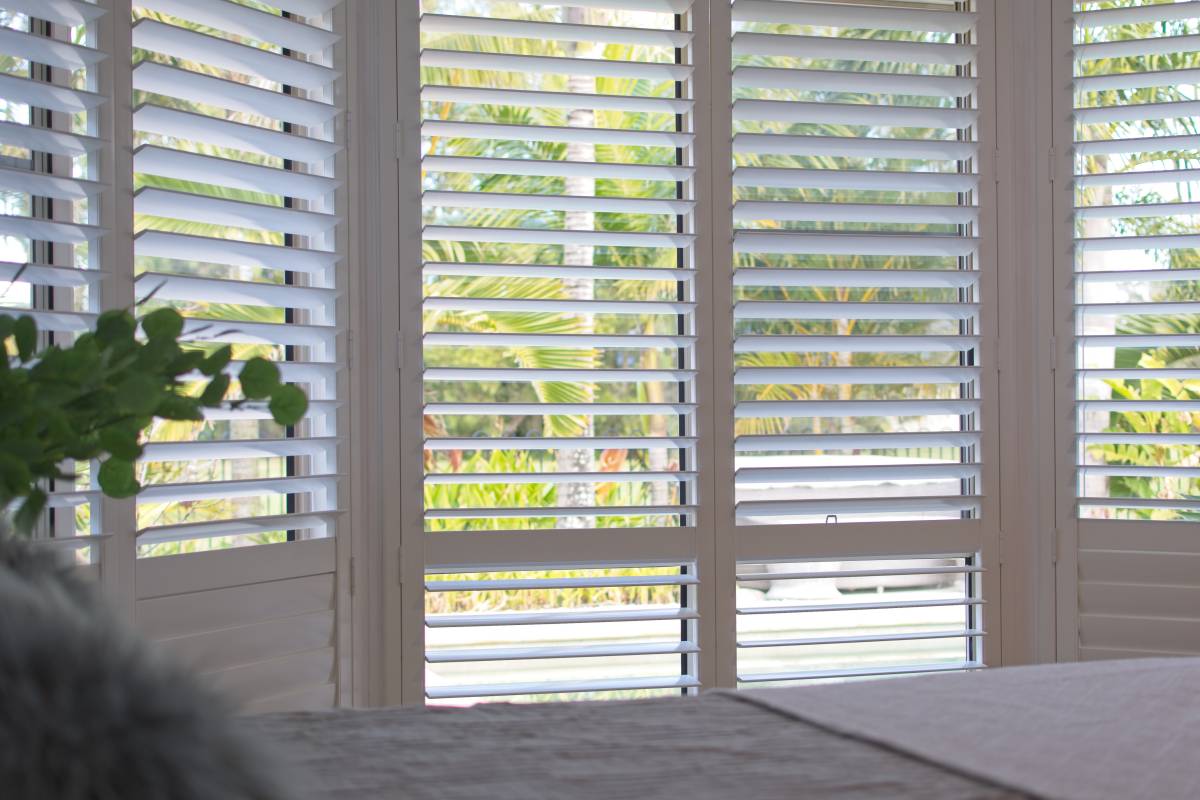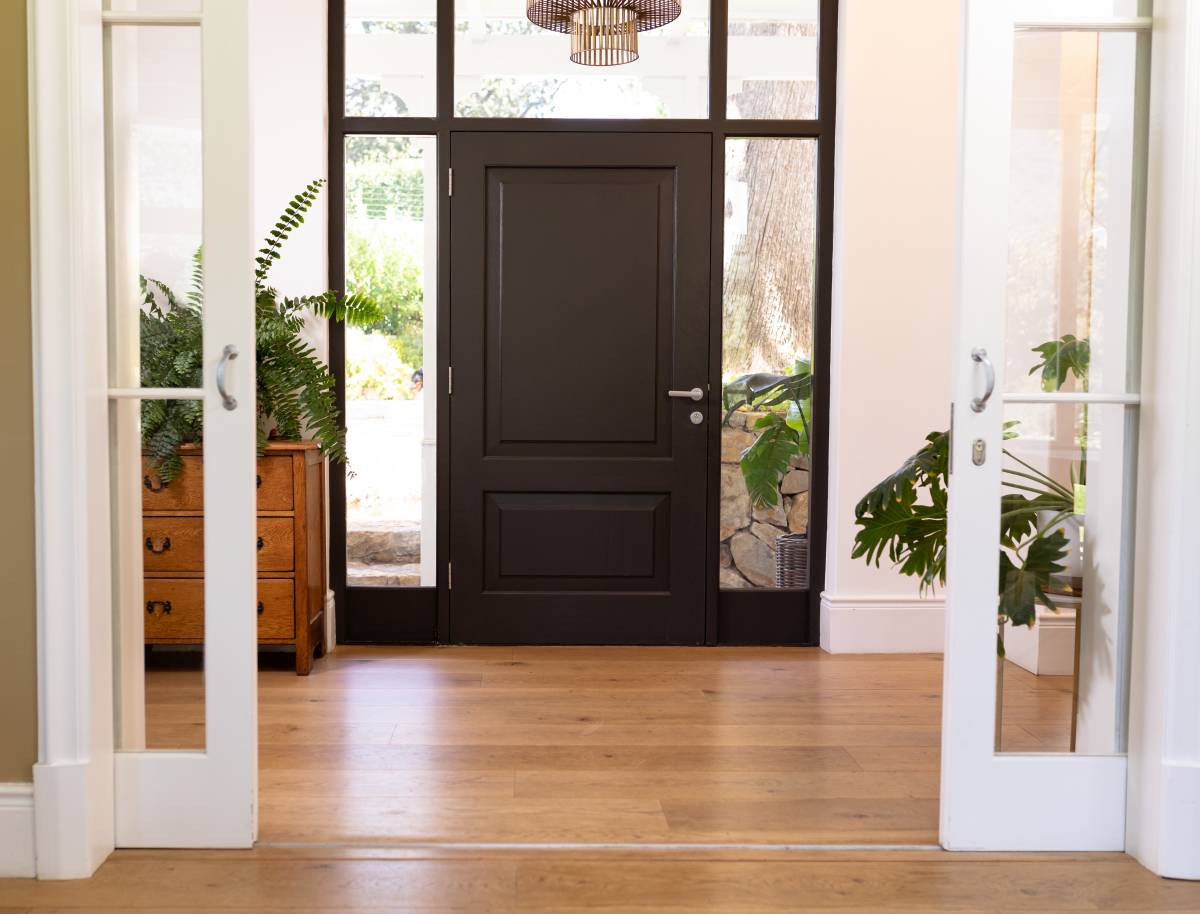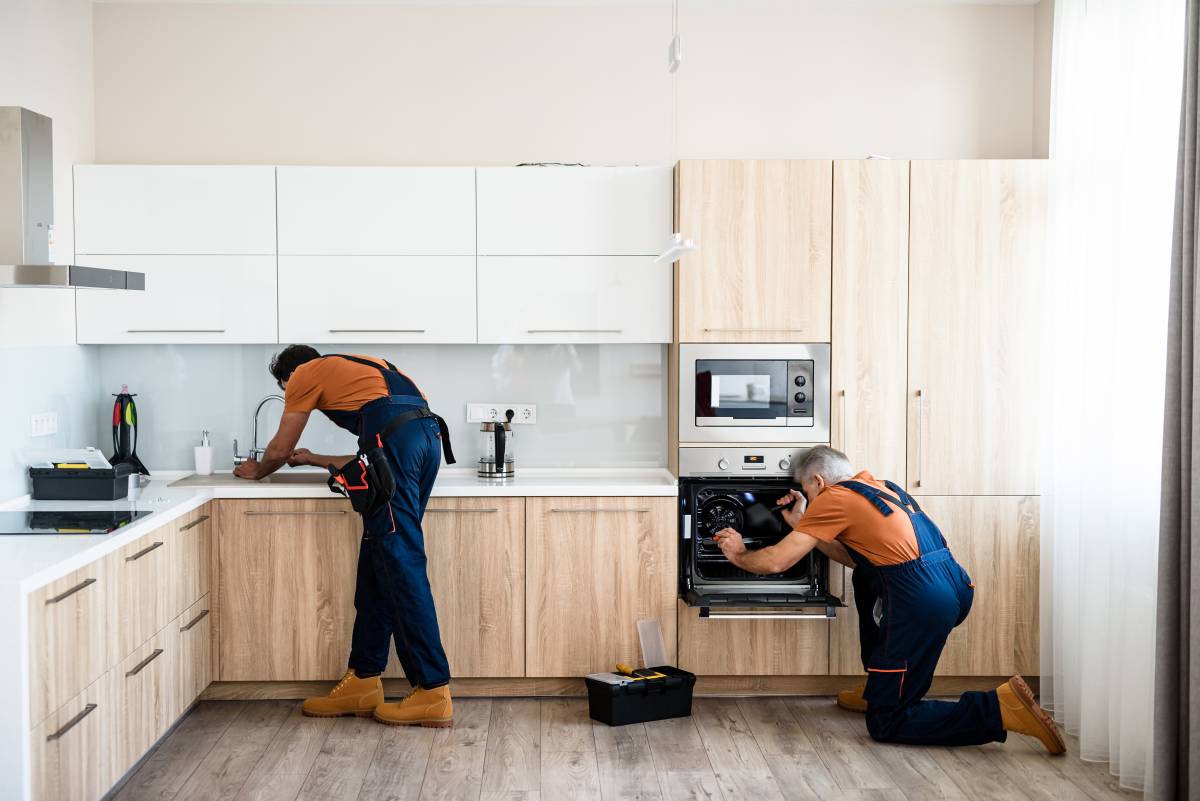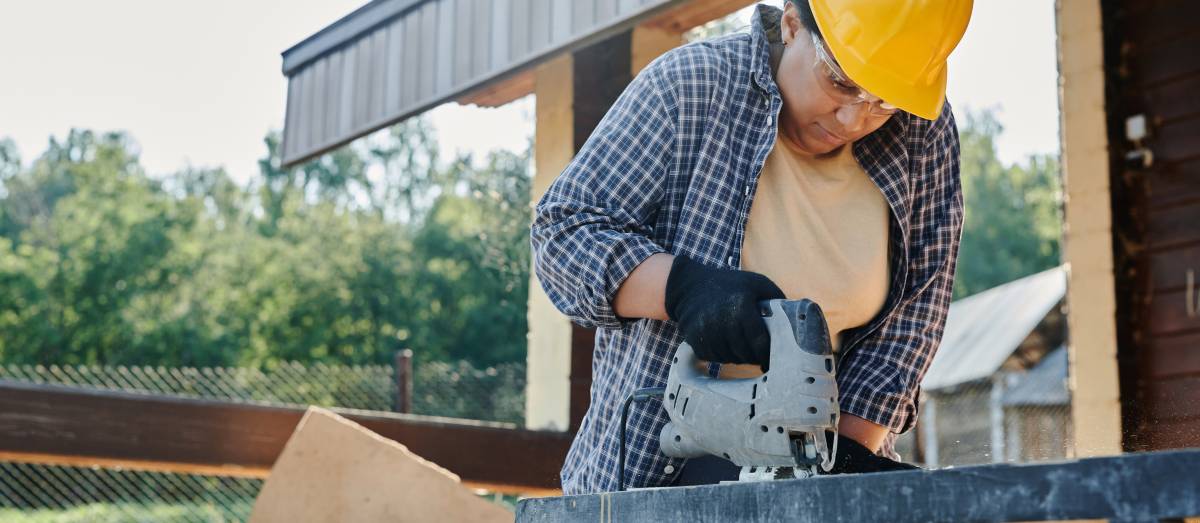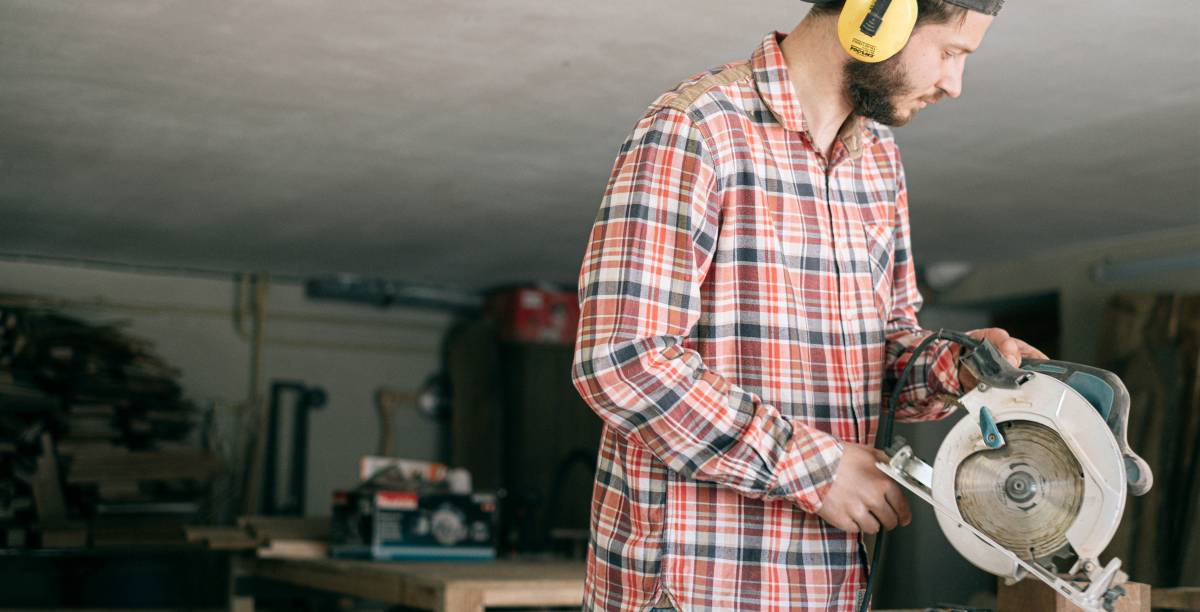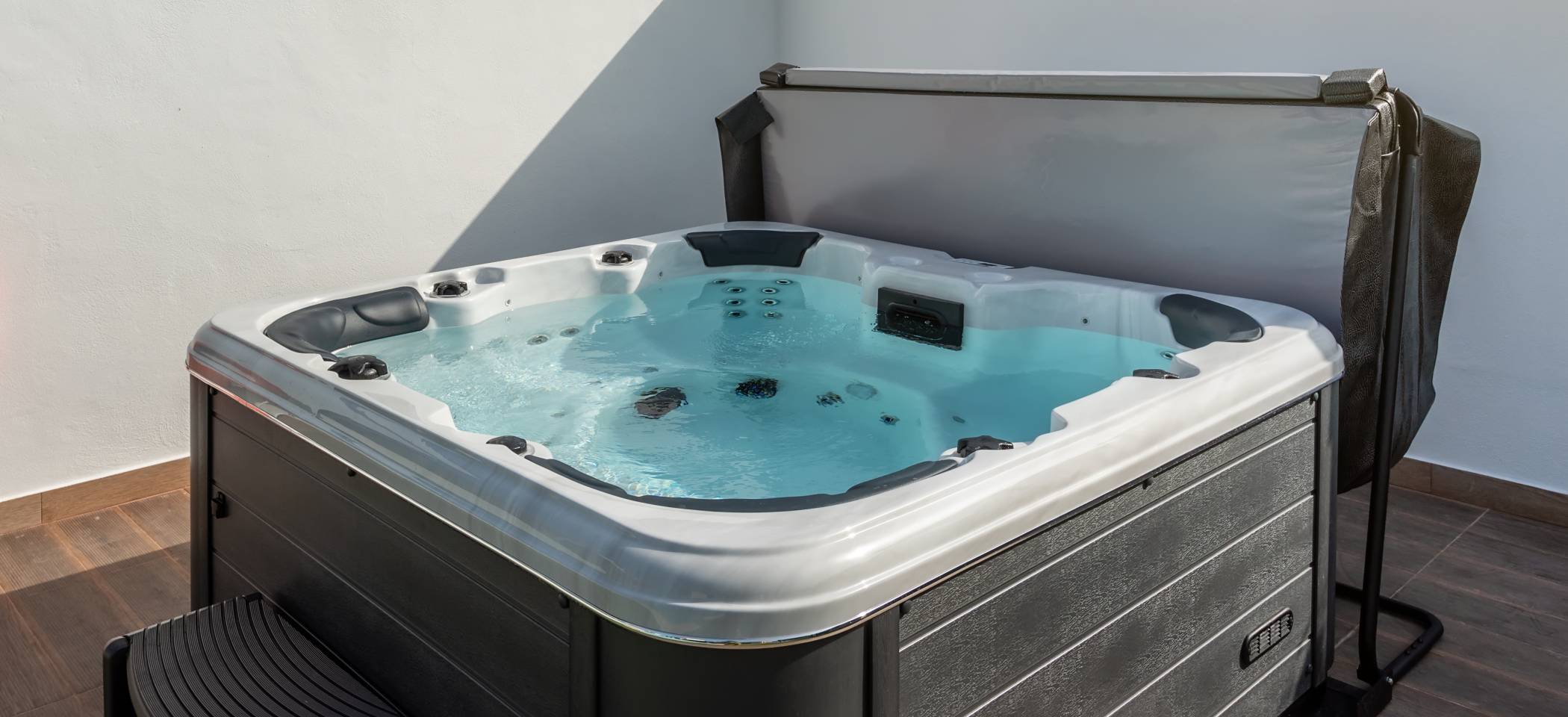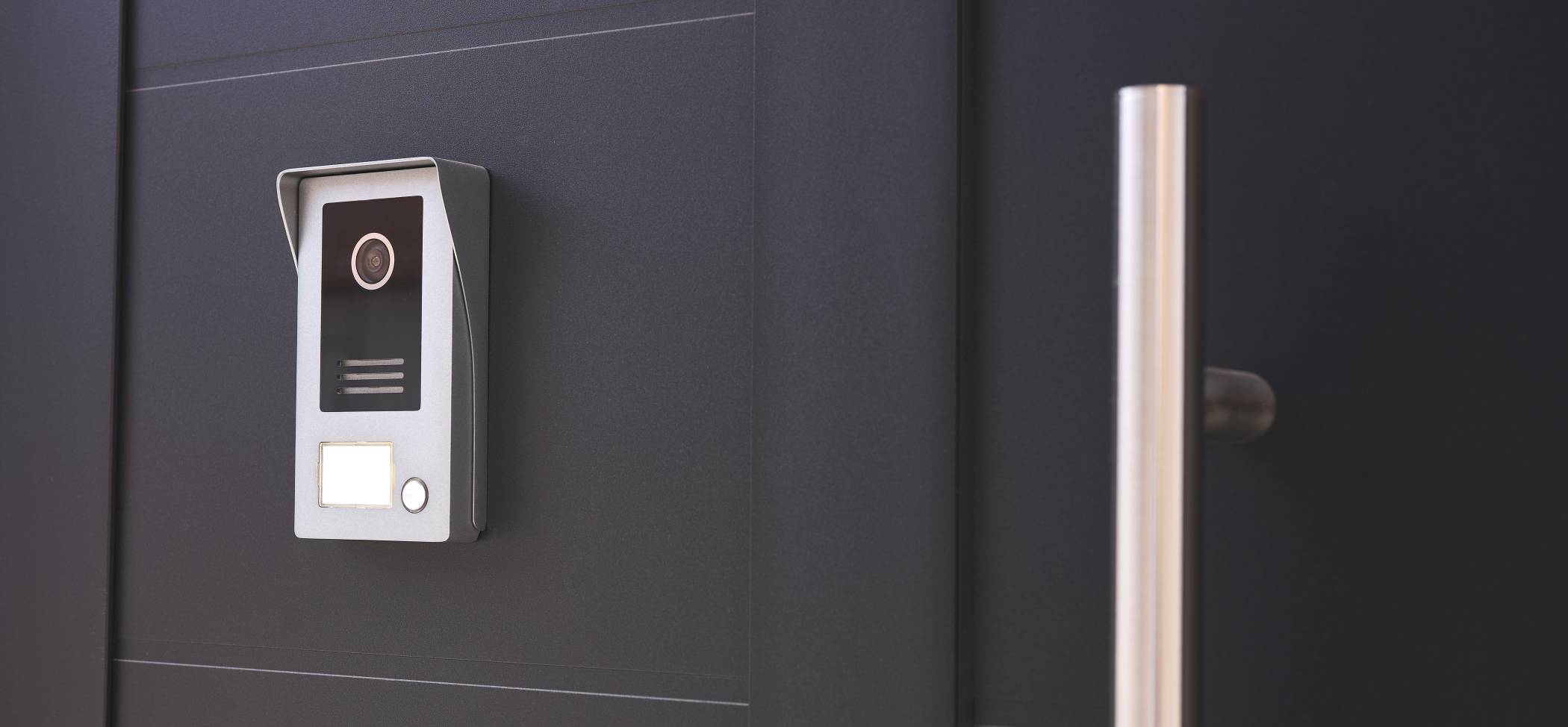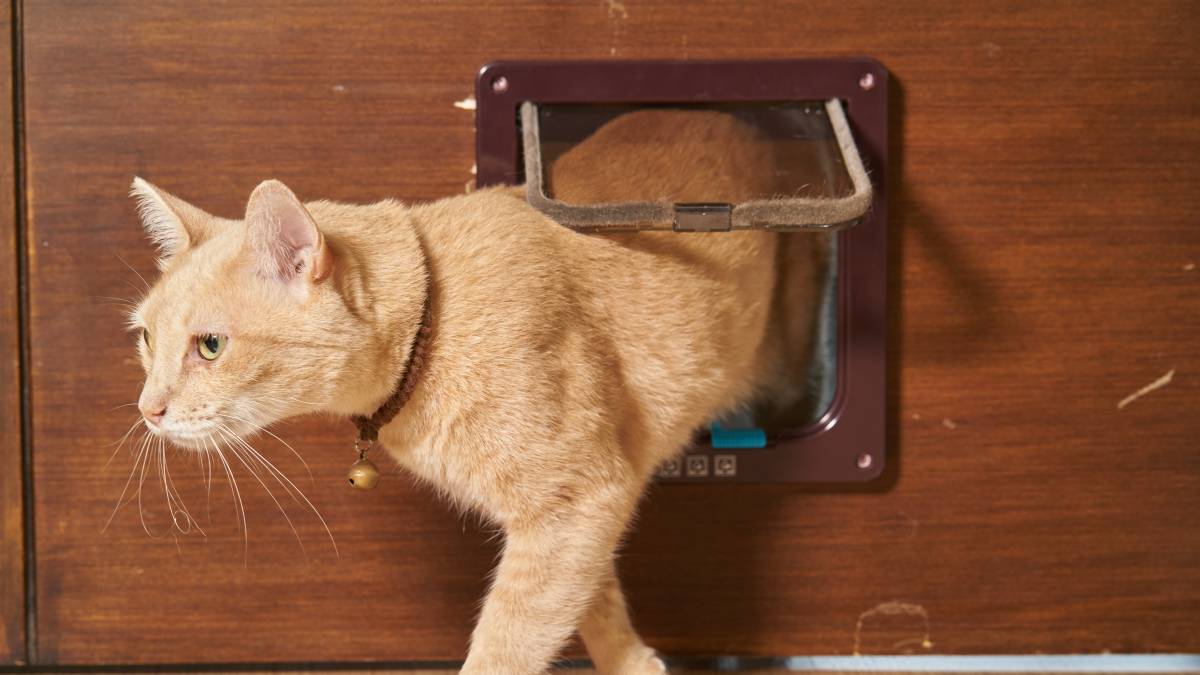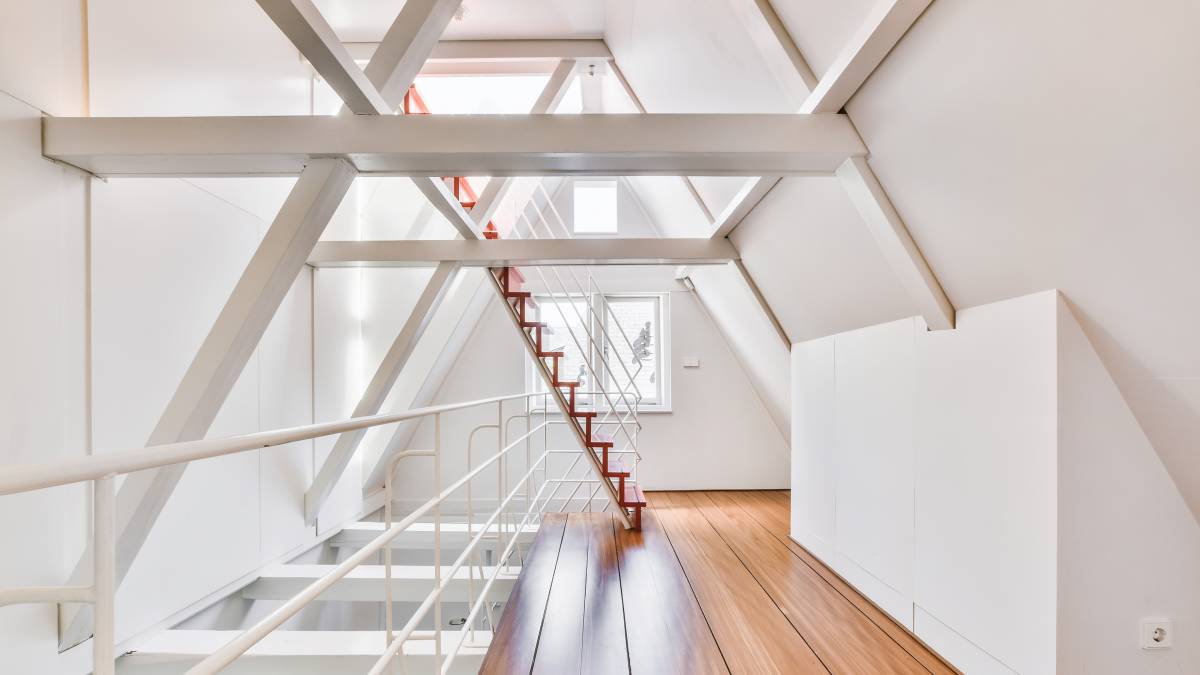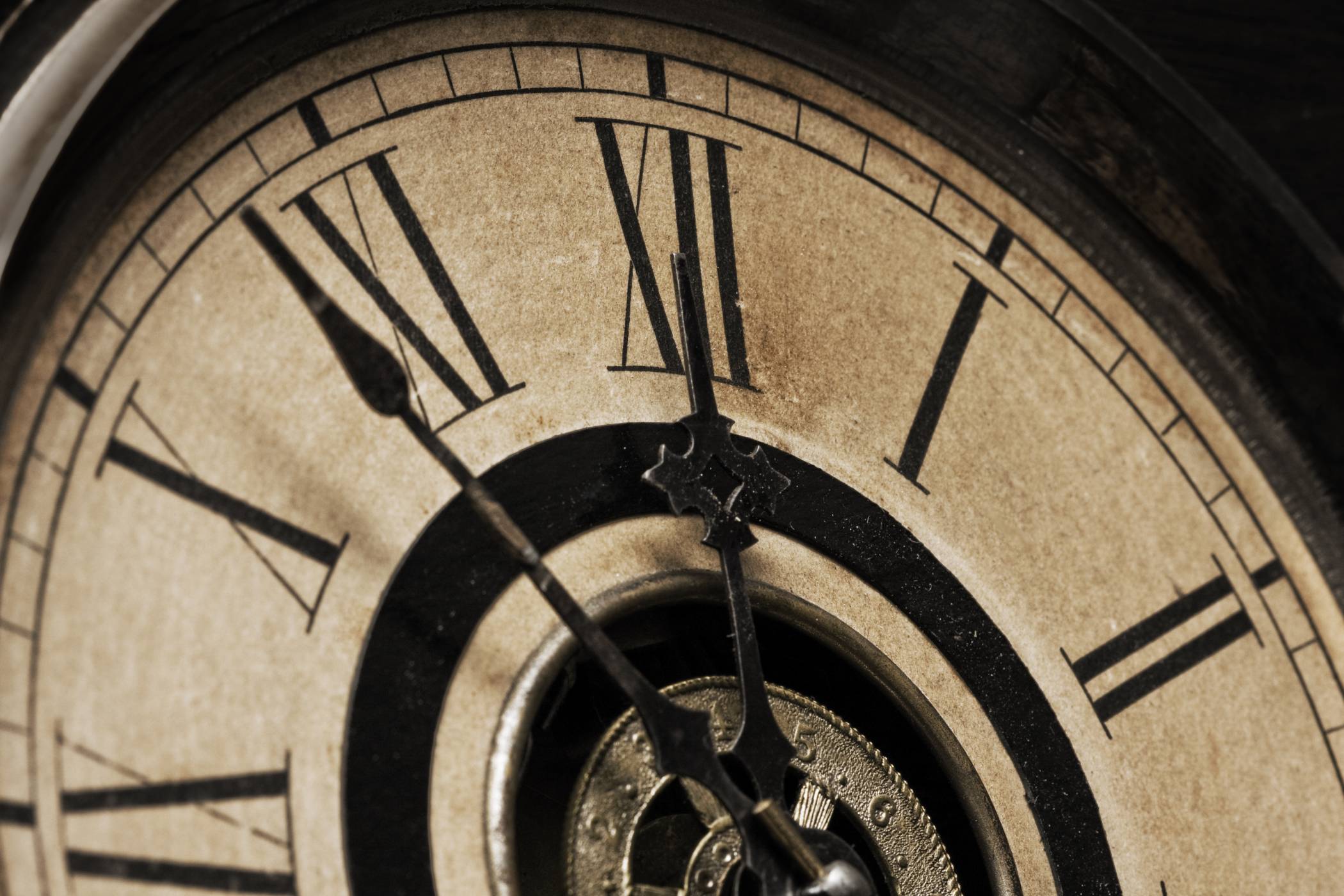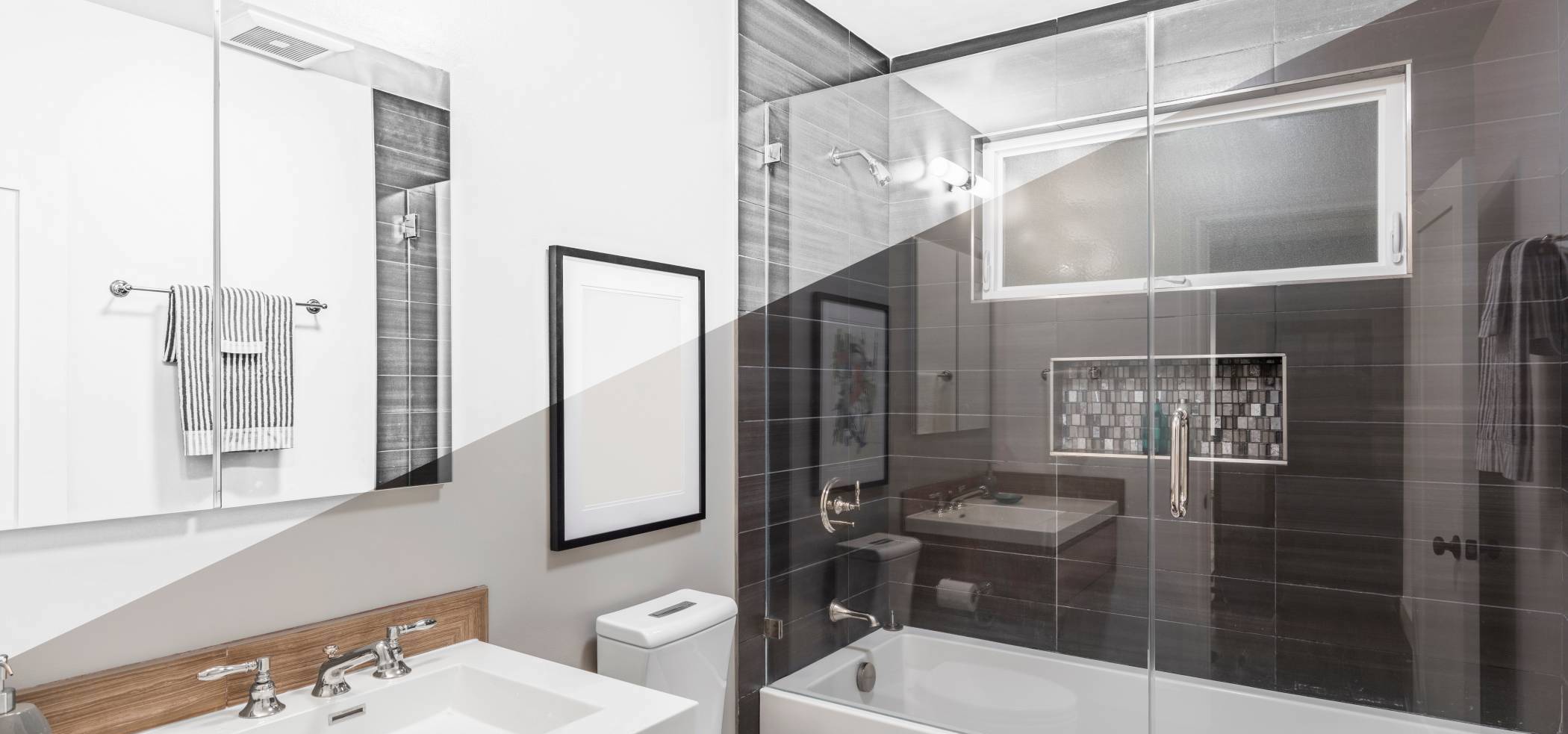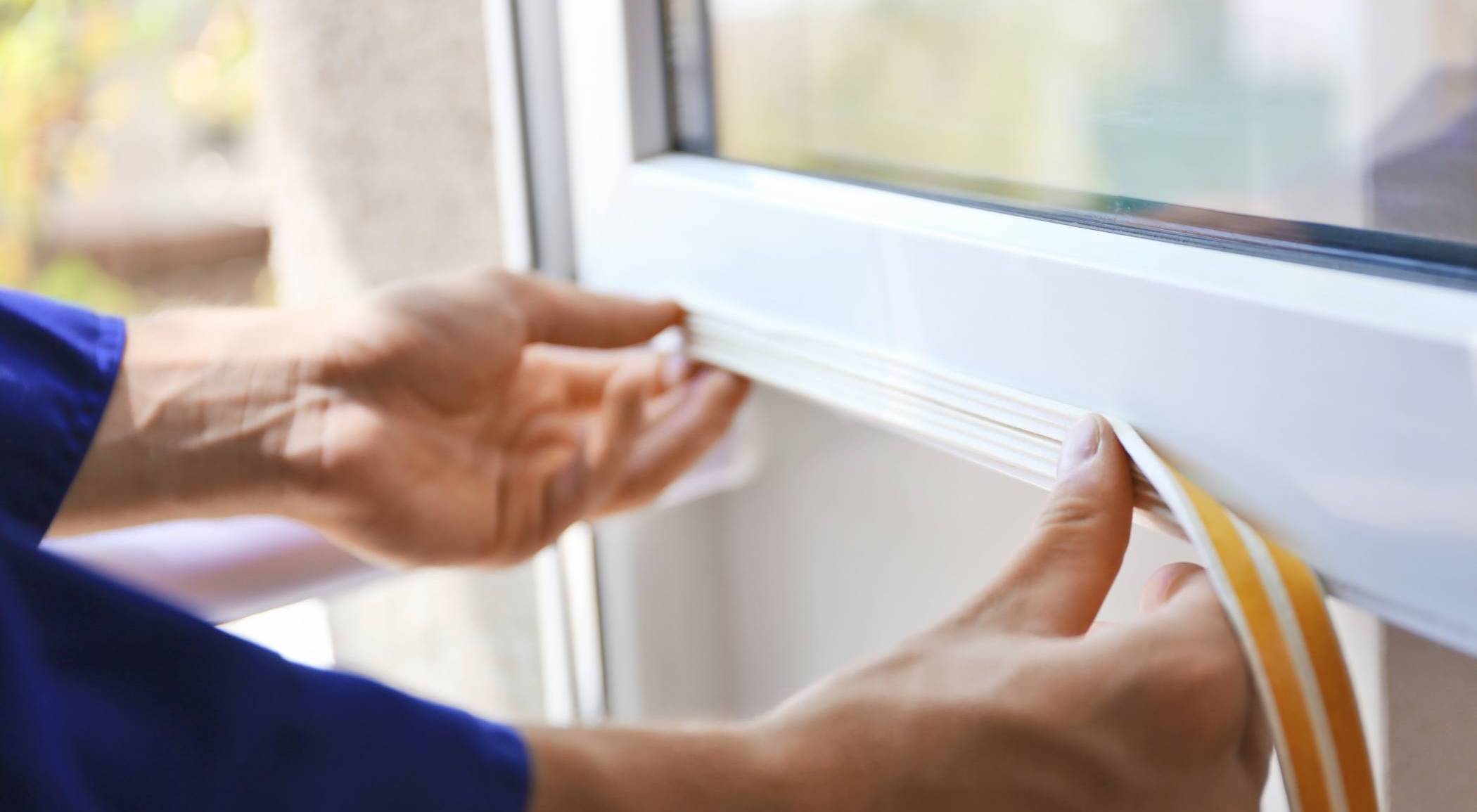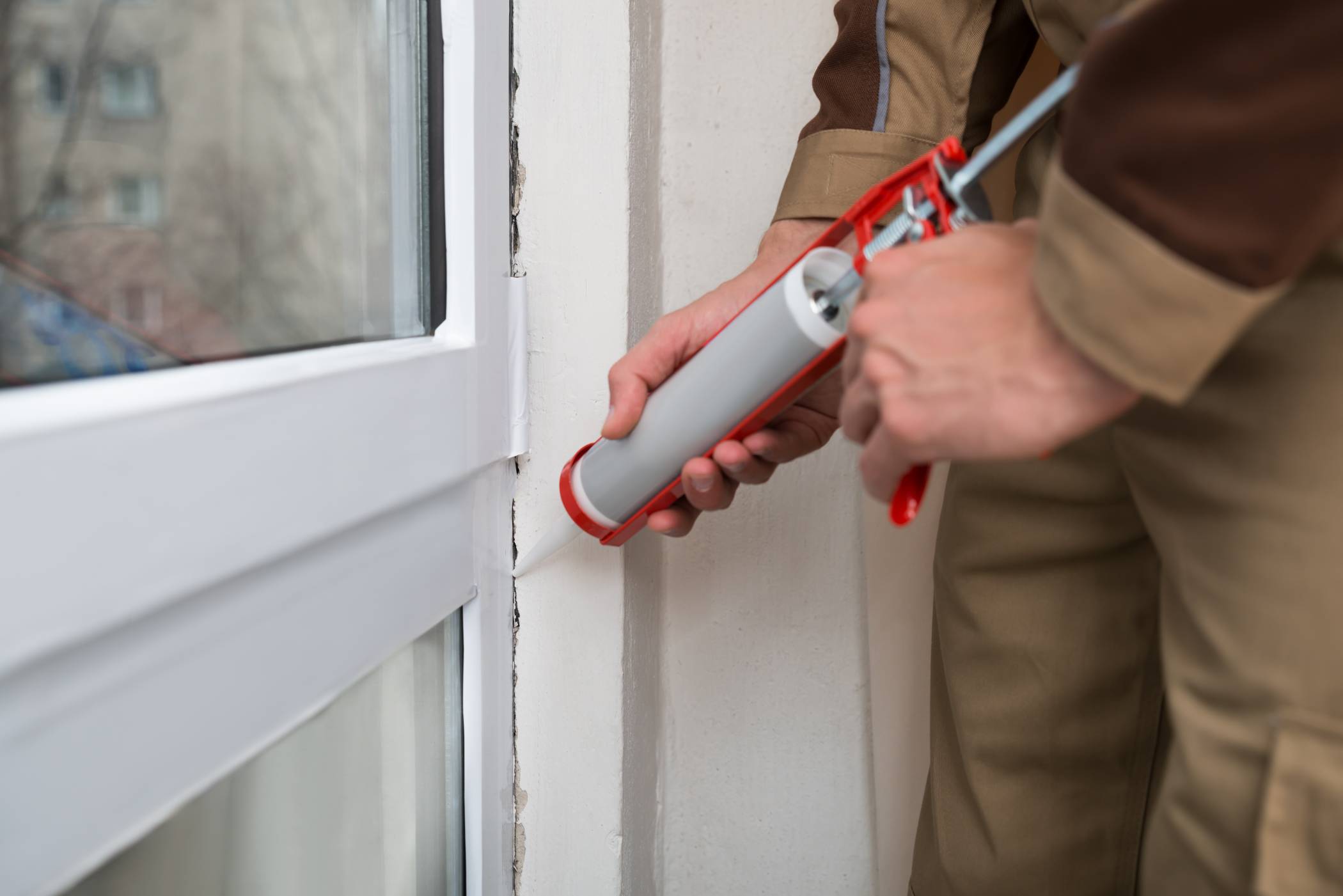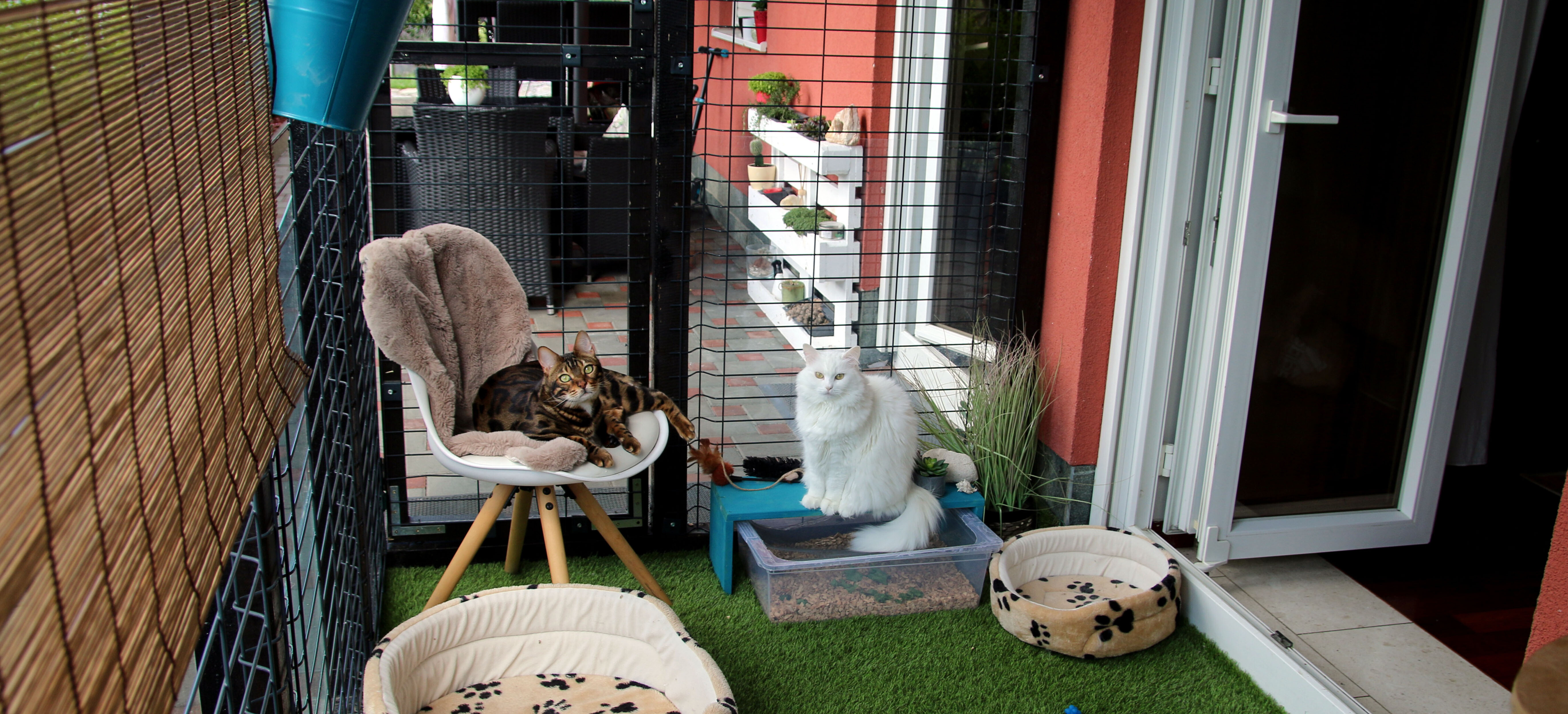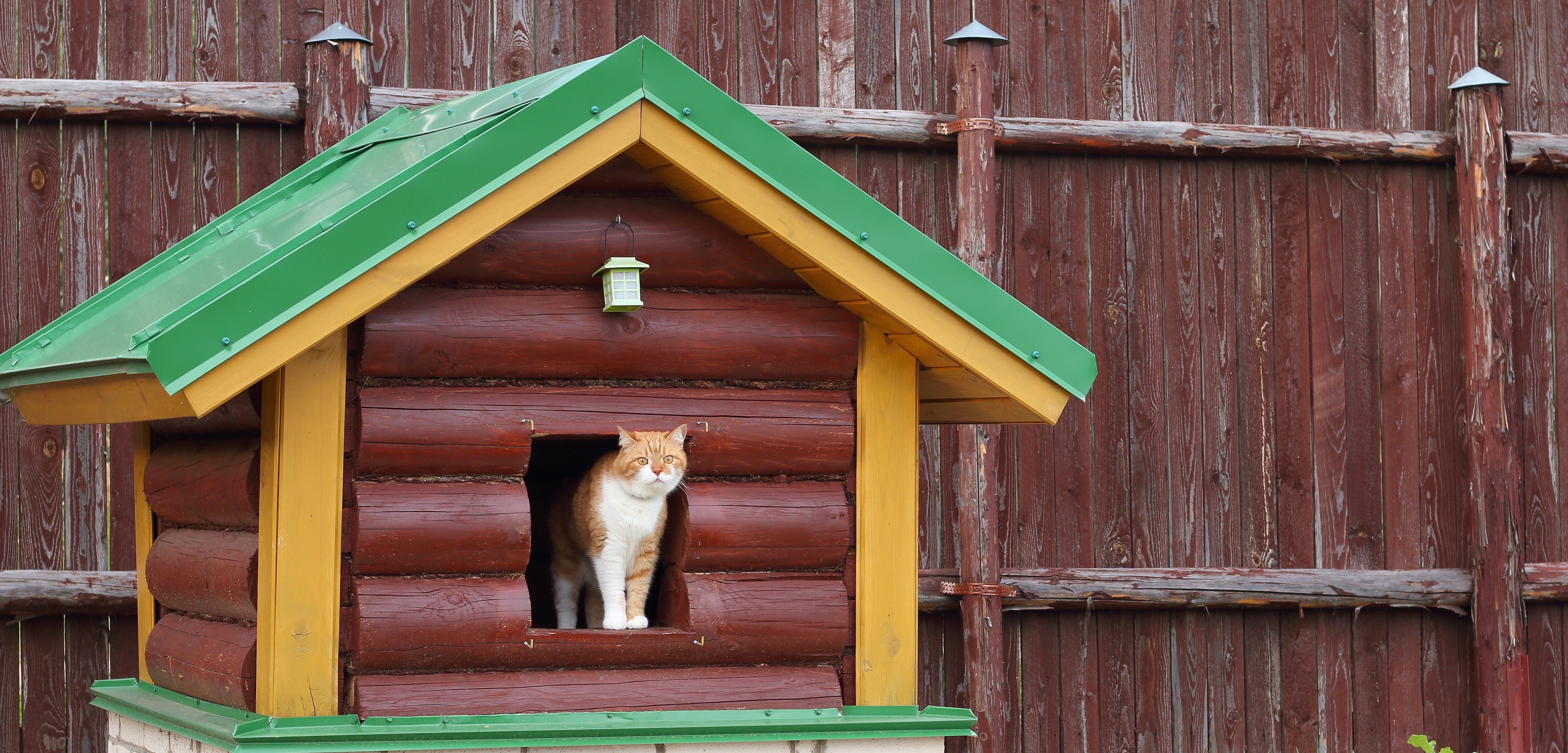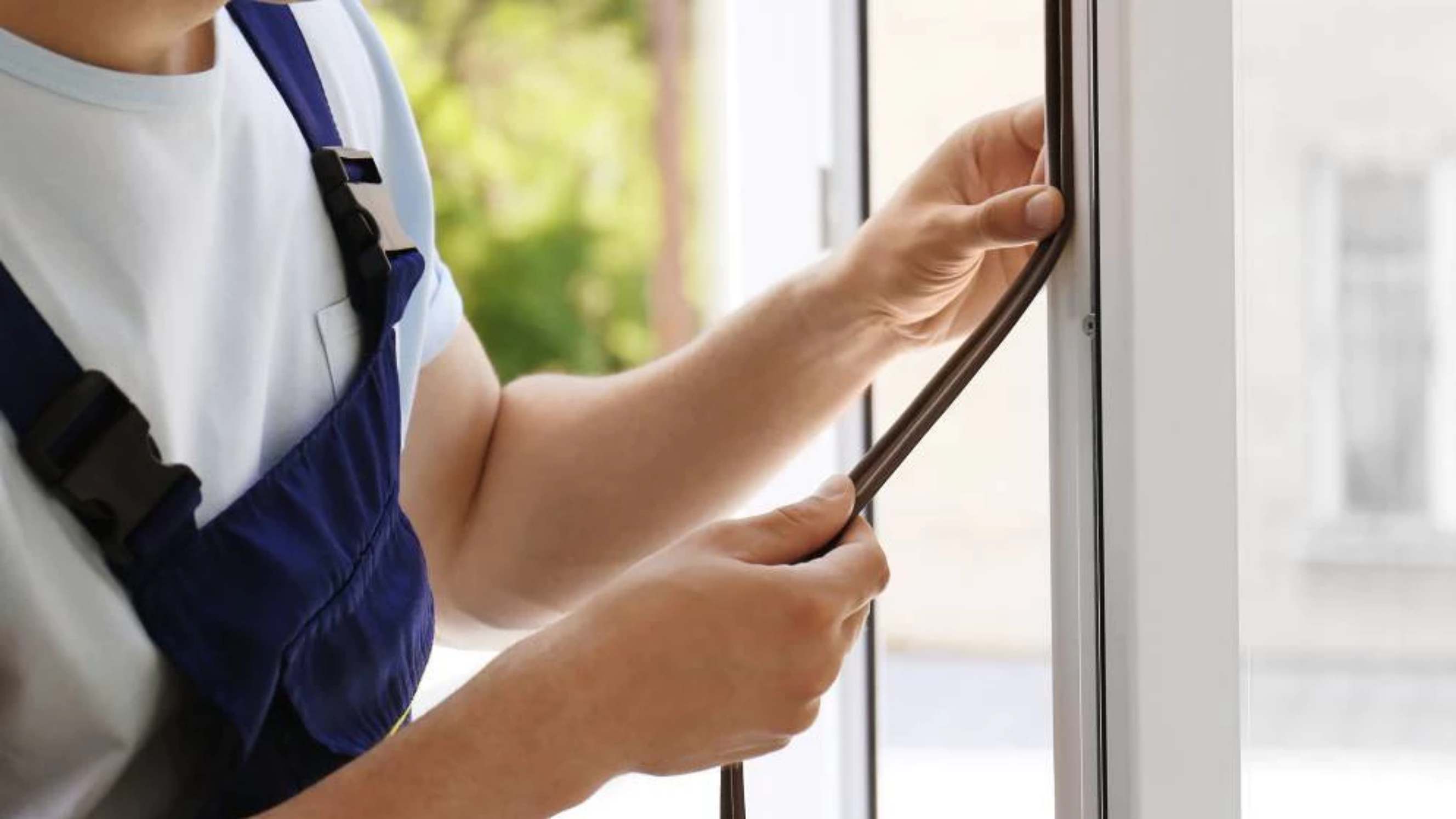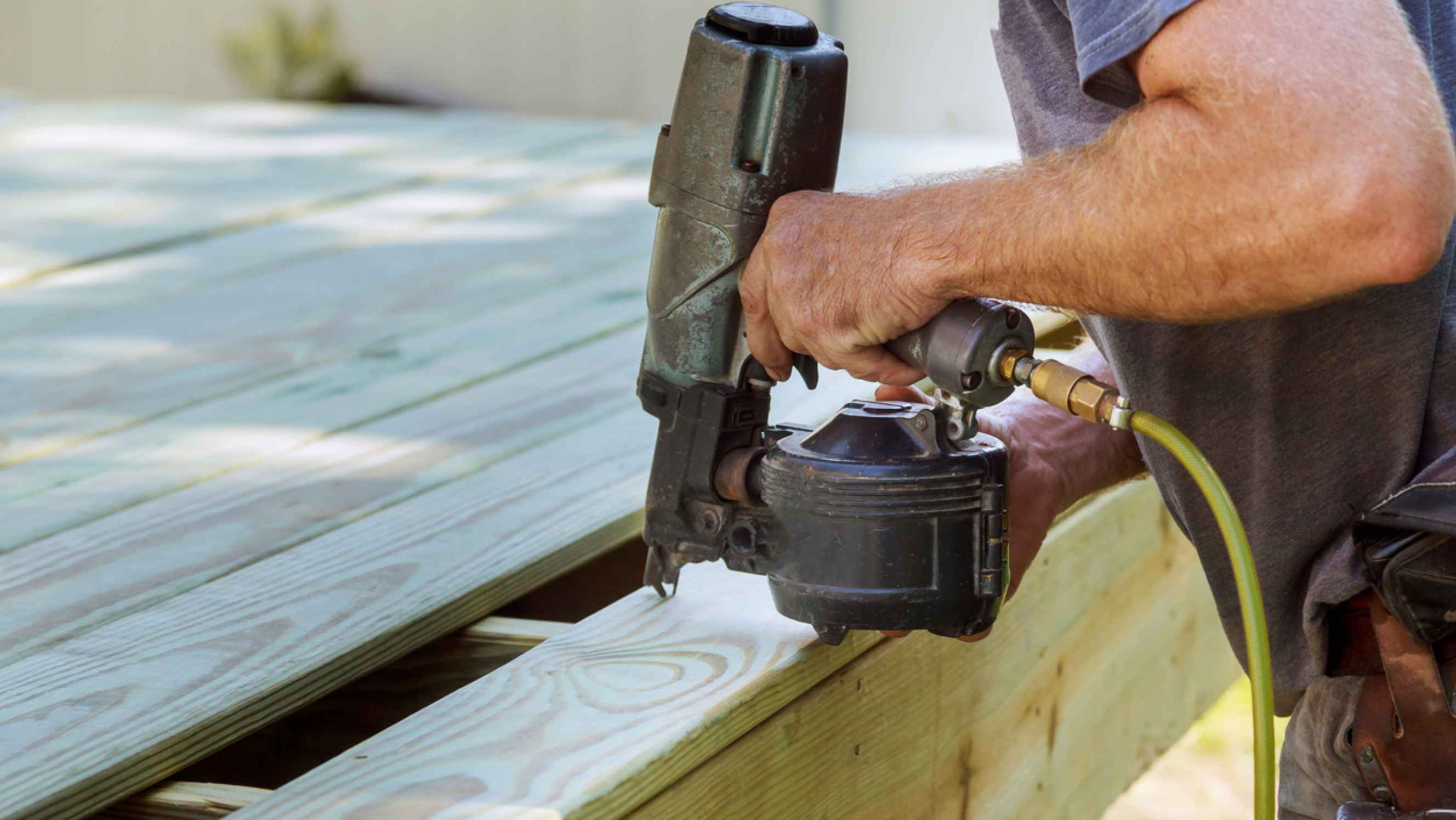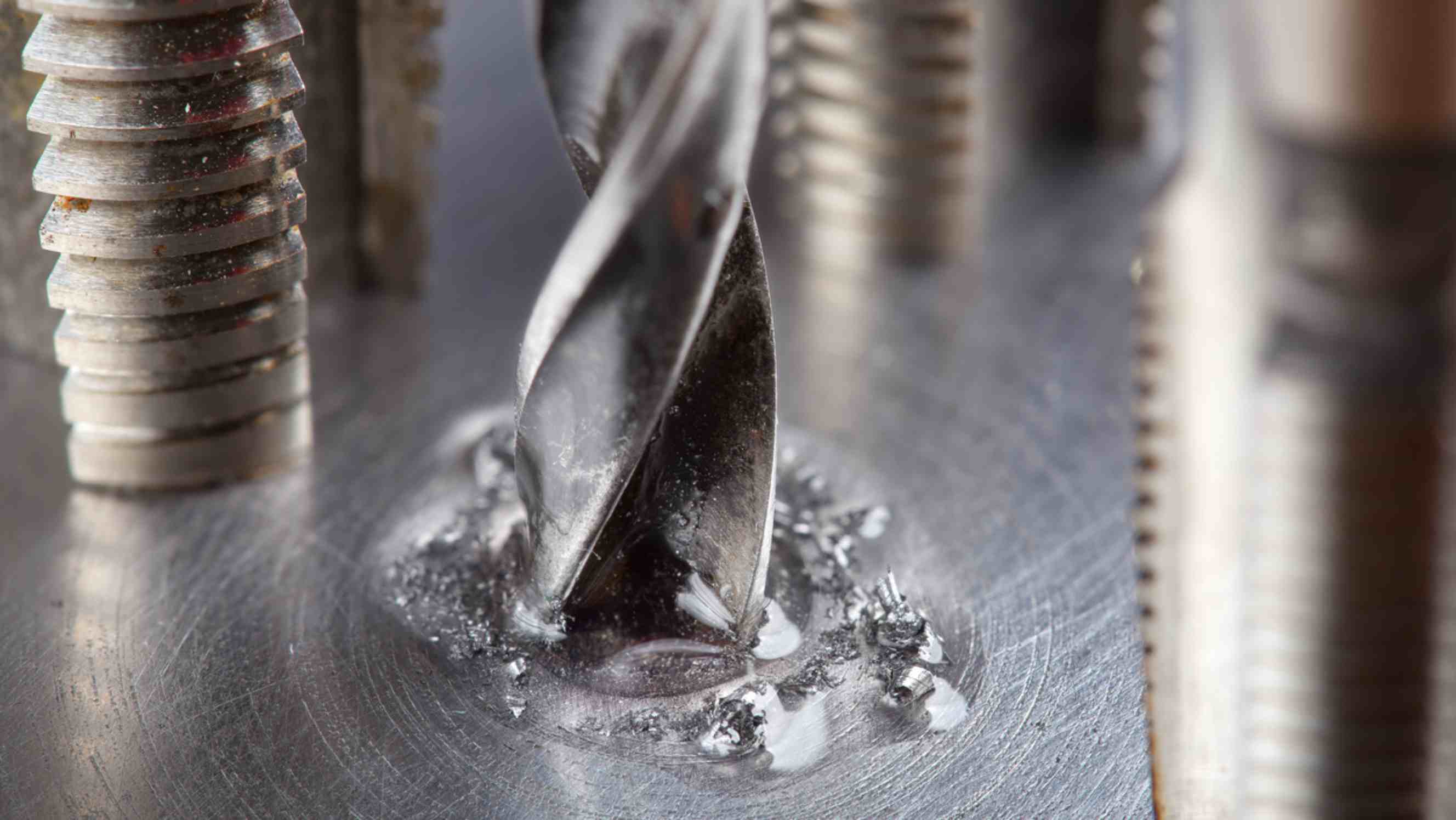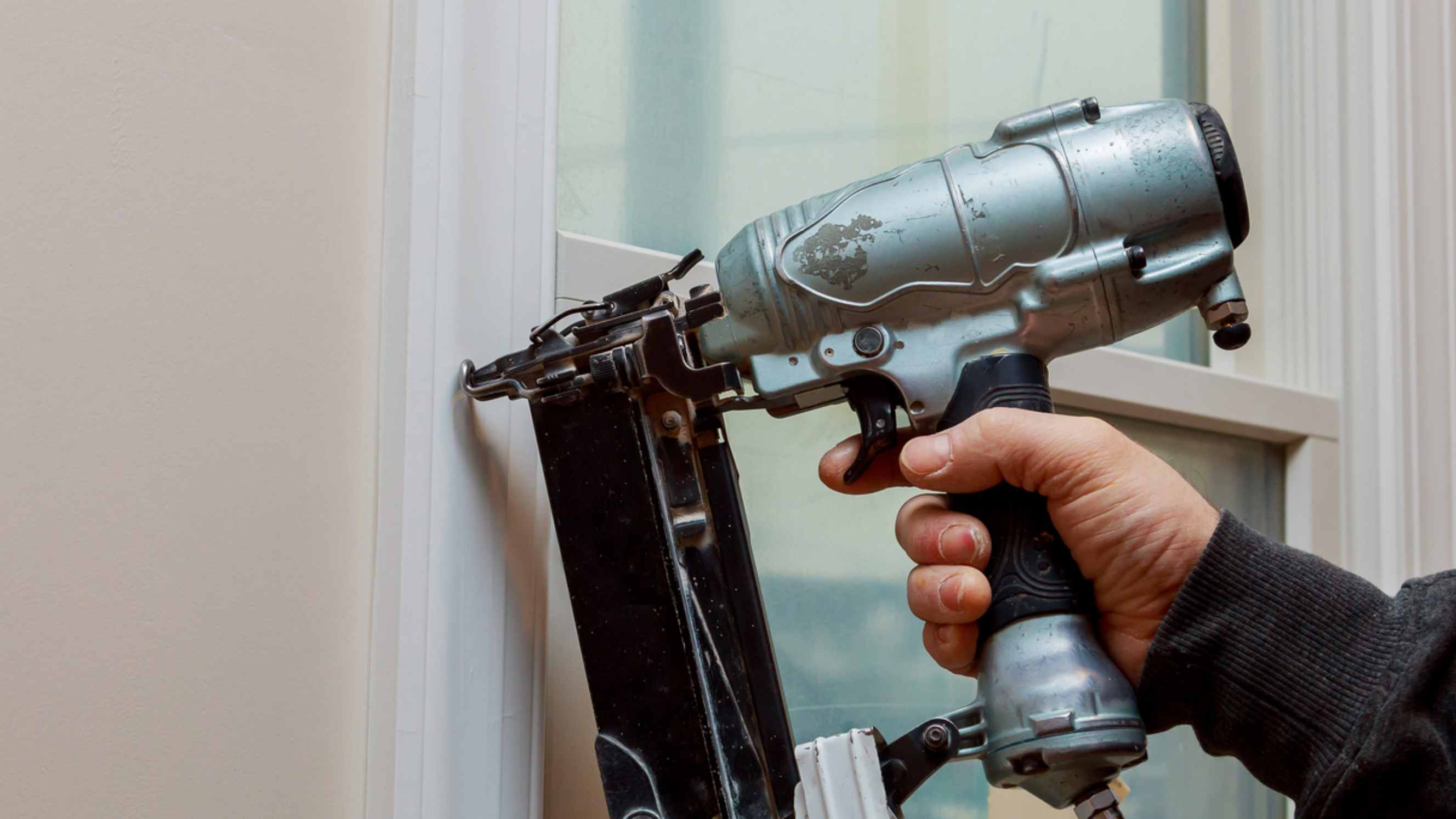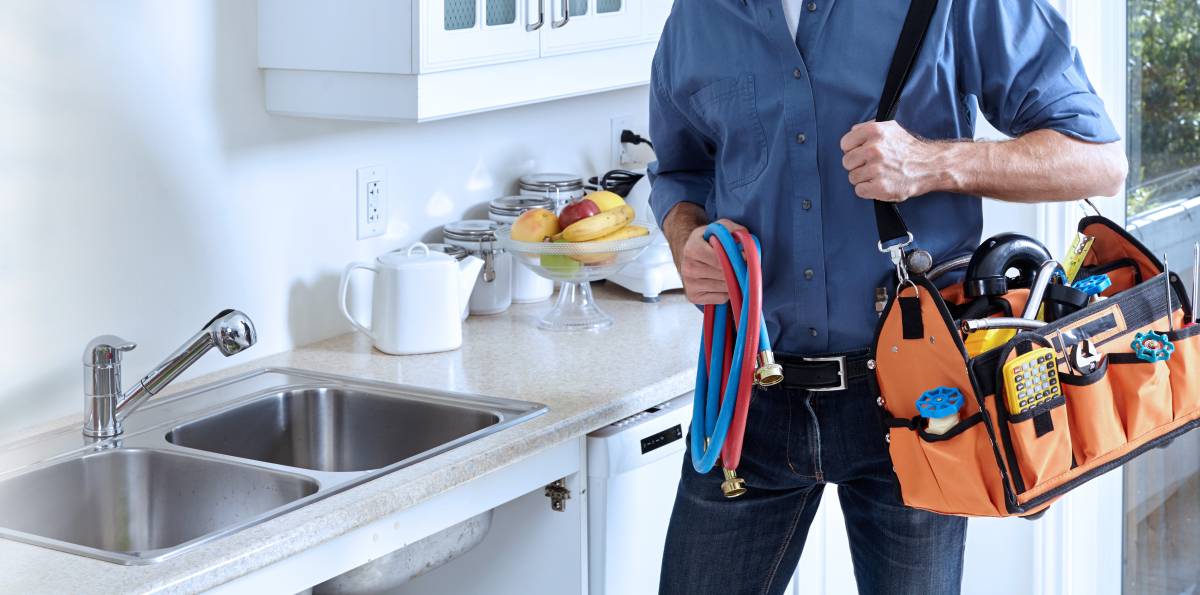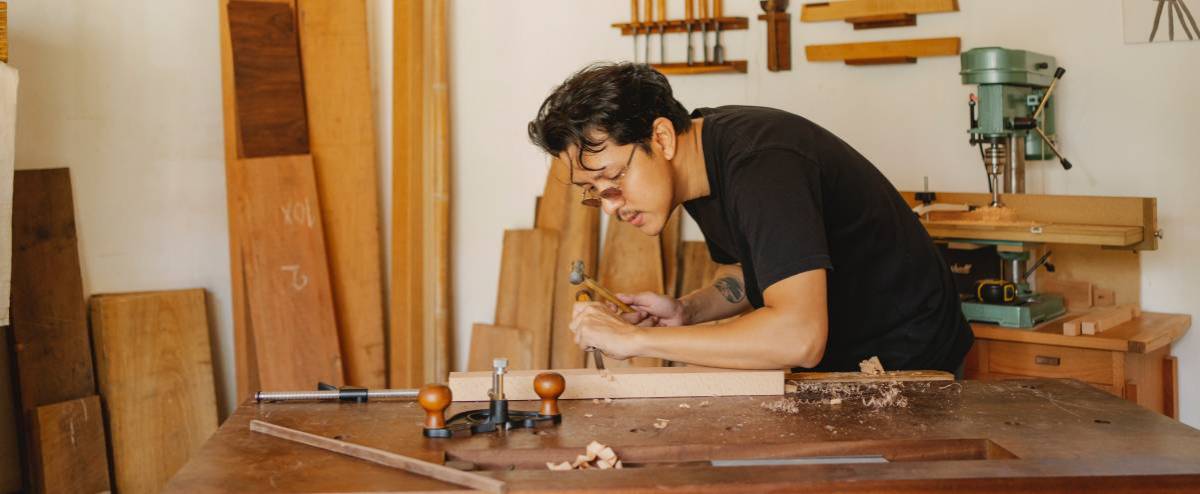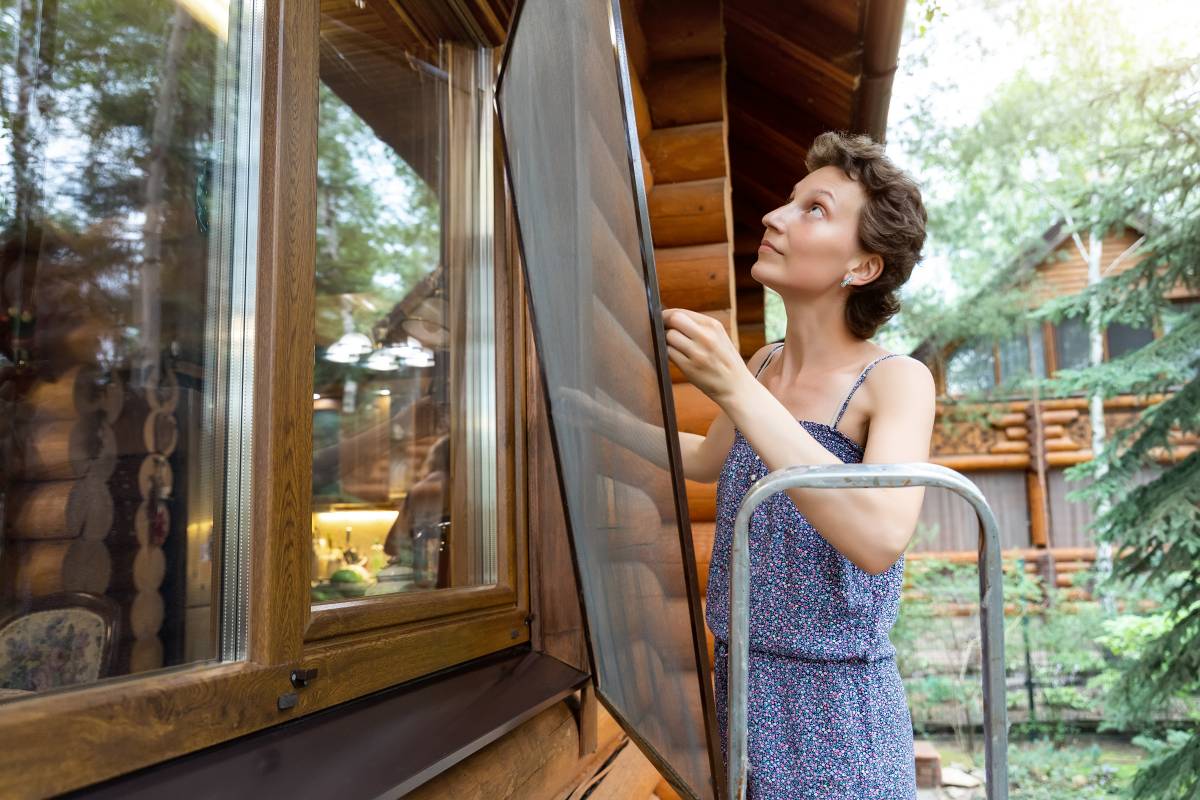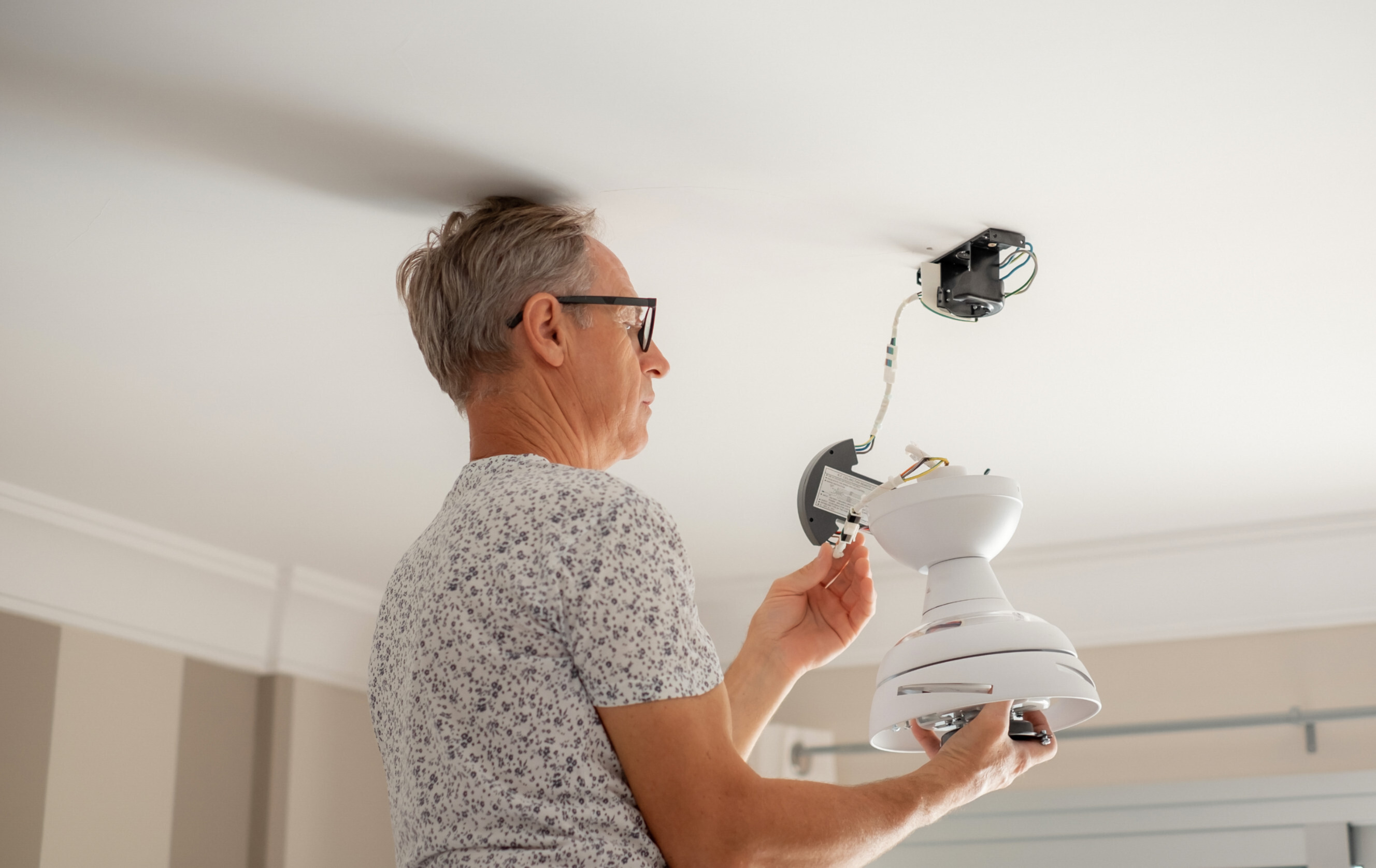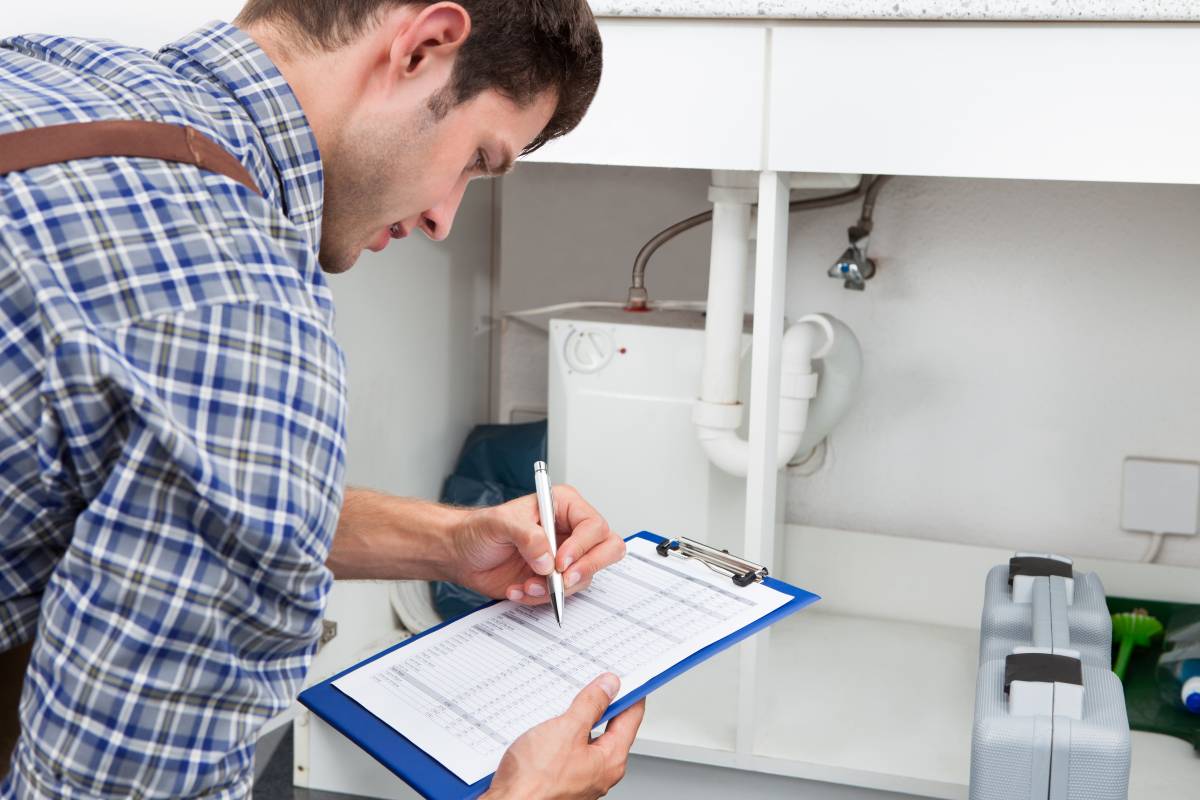- Home/
- Costs/
- Ceiling Fan Installation/
- Ceiling Fan Installation Cost Guide
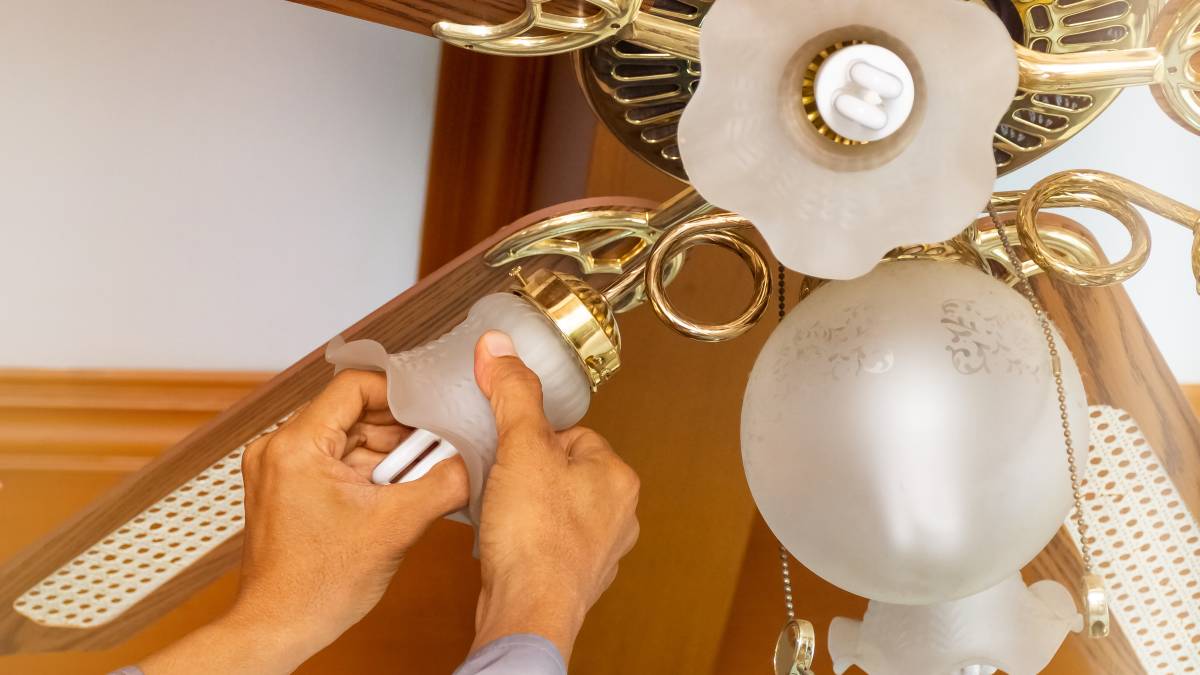
How much does it cost to install a ceiling fan in Australia?
Get a free quote nowPost to find a price. It's free and only takes a minute.
Average cost of ceiling fan installation
$100 - $600
low
$100
median
$350
high
$600
Last Updated on
Key Facts
- Ceiling fan installation in Australia typically costs between $100 and $600, depending on factors like room size, fan type, and installation complexity.
- Larger rooms and higher ceilings can increase labour costs, especially if a downrod or additional electrical work is needed.
- Outdoor installations may cost more due to weatherproofing and additional materials like conduits and fittings.
Are you looking for ways to cool off in the summer without breaking the bank? A ceiling fan can help you stay comfortable in the heat while keeping your utility bills low. Though it seems easy to install one yourself, all the electronic work can pose serious threats. If you want to ensure everyone's safety during the process, it's best to hire a professional handyman near you.
Ceiling fan installation costs mainly depend on room size, ceiling fan type, and job complexity. Here's a more in-depth look at how much it costs to install a new ceiling fan in different parts of Australia.
What are the average costs of ceiling fan installation?
Ceiling fan installation costs can vary depending on where you live. Labour rates differ from city to city, and some areas may have higher demand for an electrician or handyman. To help you set a proper budget, here’s a breakdown of the average prices of ceiling fan installation in different parts of Australia.
| City |
Average Costs |
|---|---|
$155 – $450 |
|
$150 – $255 |
|
$150 – $545 |
|
$185 – $250 |
|
$105 – $600 |
|
$150 – $250 |
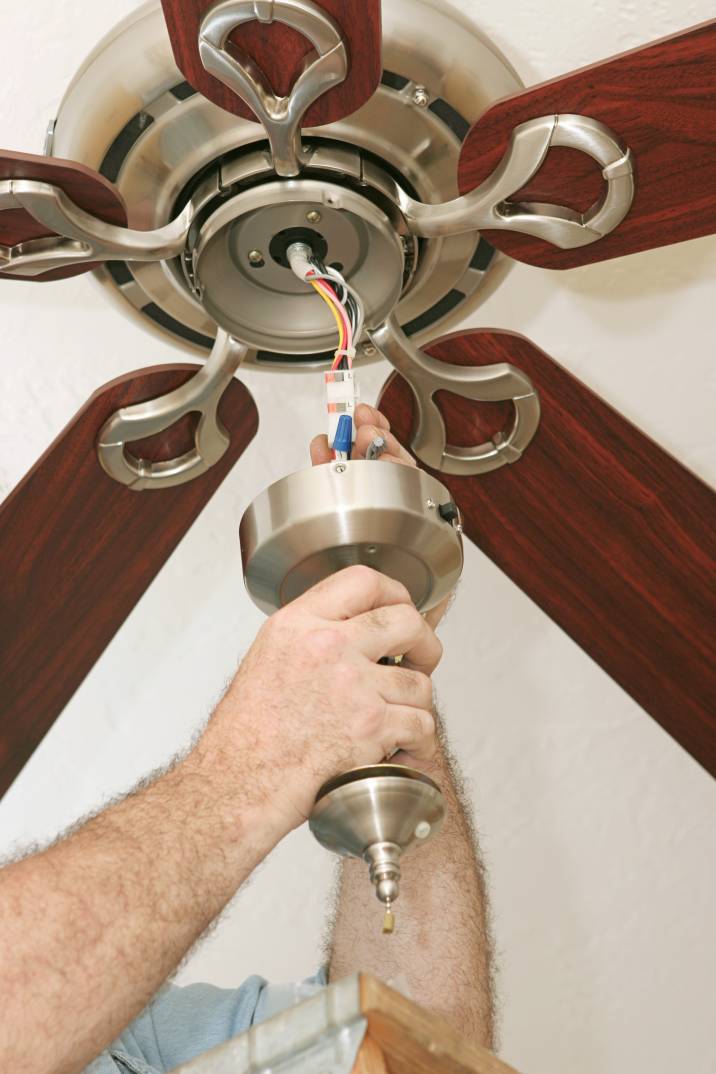 Technician assembling the internal wiring of a ceiling fan unit. (Source: iStock)
Technician assembling the internal wiring of a ceiling fan unit. (Source: iStock)
Factors affecting the average cost of installing a ceiling fan
How much you'll pay for the service depends on a few things, including room size, fan size, blade type, and the amount of labour needed to complete the task. Before hiring a professional installer near you, consider these things and set the proper budget.
Fan or blade type
The average cost of a new ceiling fan also depends on its type, materials, and blade. Expect to pay more for blades made of genuine hardwood because of their durability. Coloured steel blades can also cost more than those with regular nickel coating. If you want to know how much a new ceiling fan costs based on its type, check out the table below:
| Ceiling fan type | Price |
|---|---|
Standard |
$98 to $535+ |
Low-profile |
$137 to $830+ |
Hanging Propeller |
$106 to $1,500+ |
Rotational |
$495+ |
Directional |
$499+ |
Standard
Common in residential homes, standard ceiling fans hang straight down and are usually parallel to the ceiling. It comes with five blades and a built-in light fixture. The average price of these fans ranges from $98 to $539+.
Low-profile
This type of fan is common in homes with lower ceilings (eight feet and under). Other terms used for these fans are flush mount or hugger fans. Low-profile fans cost around $137 to $830+.
Hanging Propeller
Unlike low-profile fans, hanging propeller fans are for homes with ceilings higher than nine feet. Instead of installing them directly onto the ceiling, mount their blades and motors using a downrod. These fans typically cost between $106 and $1,500.
Rotational
Rotational fans (sometimes called dual-motor fans) come with two heads that rotate on a downward axis. They are ideal for big rooms and spaces with high ceilings. Their average price is $495+.
Directional
This type of fan is similar to a regular standing fan. You can adjust and move its head in whatever direction you want. Directional fans typically cost around $499+.
Room size
Most of the time, people forget to consider the size of their rooms when looking for a new ceiling fan to install. When your room is bigger, you'll need a larger ceiling fan to improve air circulation and provide enough cooling capacity. It's also nice when your ceiling fan is proportional to the size of your space.
Most ceiling fans in homes range from 29 to 72 inches across. Since bigger ceiling fans have bigger blade spans and motors, you'll likely shoulder higher labour costs, as installing them in your room will take more time and effort. Your ceiling fan's height can also affect the project's final cost. Some professional installers will charge you an extra fee to mount the fan using a downrod.
Labour
Like when painting a new ceiling, your handyman might increase the service's total cost if additional work is necessary. Since there's a need to drill holes, install a wall switch, and add wires, your electrician could have additional fees for the extra hours they need to render. Expect to pay more if your ceiling needs cleaning before installing the fan.
The cost of installing an outdoor ceiling fan might also be higher, as you’ll need to invest in materials that withstand harsh weather. You also need to install electrical conduits and weatherproof fittings to secure the wires from water, dust, and other harmful things.
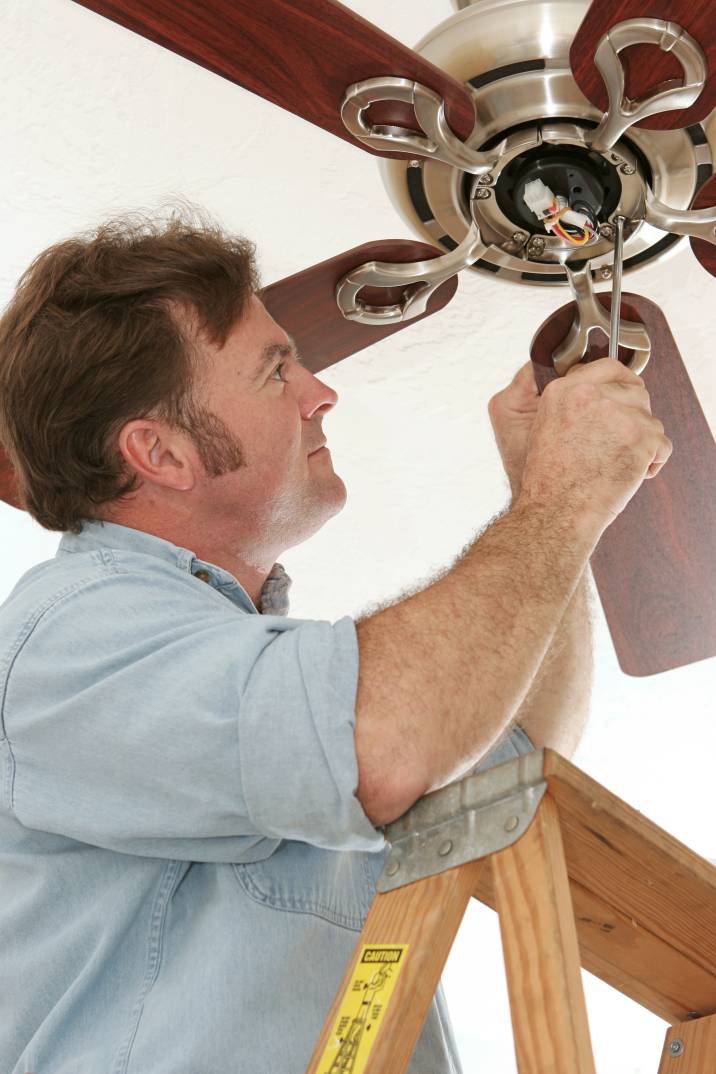 A man secures ceiling fan blades with a screwdriver during installation. (Source: iStock)
A man secures ceiling fan blades with a screwdriver during installation. (Source: iStock)
The benefits of professional ceiling fan installation
While installing a ceiling fan sounds like a task you can do on your own, there are many good reasons to seek help from a professional electrician:
Safety
Installing electrical wires without any experience can cause severe health and safety hazards. Doing things incorrectly could increase your chances of getting electrocuted. While hiring an electrician to install a ceiling fan costs more, you can complete your project without injuring anyone.
Saved time
Figuring things out on your own can sometimes lead to a cycle of trial and error. Since this process can take several days or weeks, you might never get it done within time constraints. A professional electrician can give you peace of mind and complete the task in a timely and orderly manner.
Cost-effectiveness
Although it costs more to hire a professional electrician, it actually saves you more money in the long run. Improper installation not only damages electrical wires; it can also impair your ceiling fan. The cost of replacing a ceiling fan is undoubtedly higher than hiring someone who has proper knowledge about the task.
Posting a task for ceiling fan installation
Whether you're looking to clad, plaster, or install a ceiling fan in your home, it's always a smart decision to seek help from a professional handyman or ceiling fan installers. Post a task now on Airtasker to get competitive offers! Things you want to include in your listing are:
- The size of your room.
- The type of ceiling fan you're planning to install.
- Your location.
The more details you provide, the higher the chance of getting offers that meet your specifications or needs.
FAQs about ceiling fan installation
It does. Installing a ceiling fan is one of the easiest ways to add comfort and visual appeal to your home. Nowadays, almost every homeowner has a ceiling fan in all parts of their house, and it's easy to understand why. It acts as a centrepiece that gives life and character to a space.
The installation of a ceiling fan also provides comfort during warm summer months without consuming too much energy. Ceiling fans also come in different sizes, styles, and designs. Some even come with light fixtures that make for a beautiful decorative piece.
You don't have to replace your existing ceiling fan as long as it's still working and in good condition. However, if the wires are damaged, look for a replacement. Fixing electrical cables can be expensive and time-consuming. If you move to a bigger place, invest in a ceiling fan proportional to your space. Remember that the bigger the area, the bigger the ceiling fan you'll need. It improves air circulation and provides enough cooling in rooms.
It depends on what you need. If you live in a place where it's almost always hot and humid throughout the year, you're better off getting an air conditioner. However, ceiling fans are the better option for those who live in colder places. Also, regular ceiling fans are way more affordable than air conditioners. They use less energy than air conditioners, so you'll enjoy lower utility bills.
Find ceiling fan installers, fast
Post a task
Related price guides
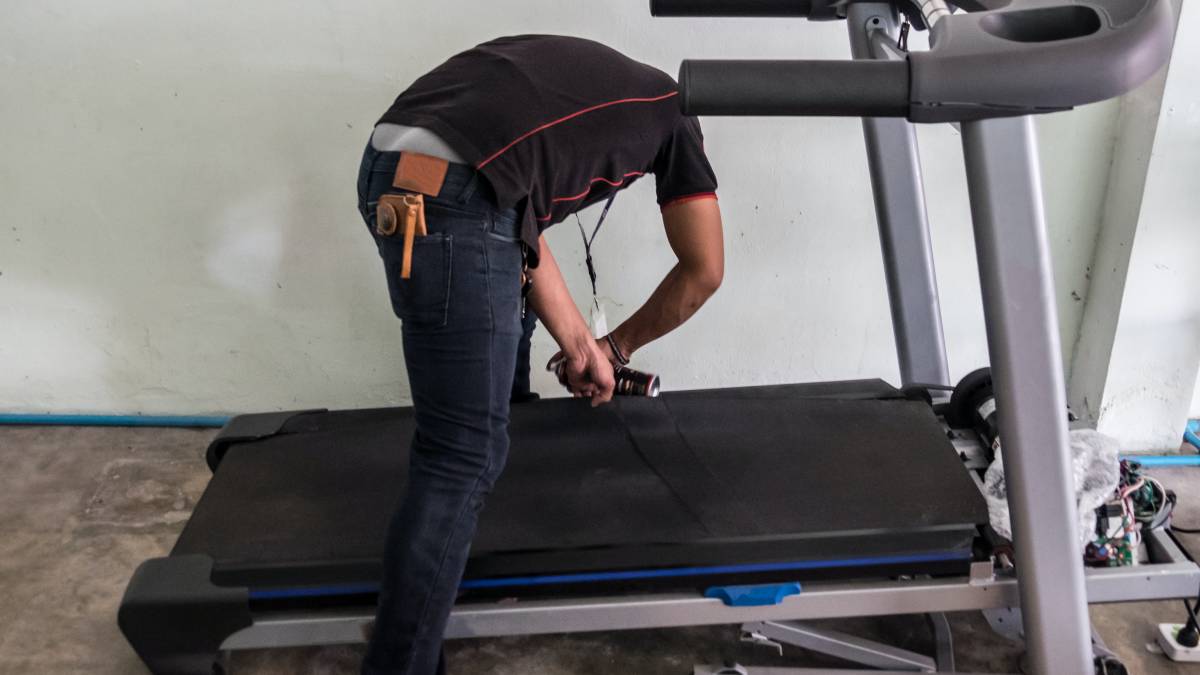
How much does treadmill repair cost?
Read more
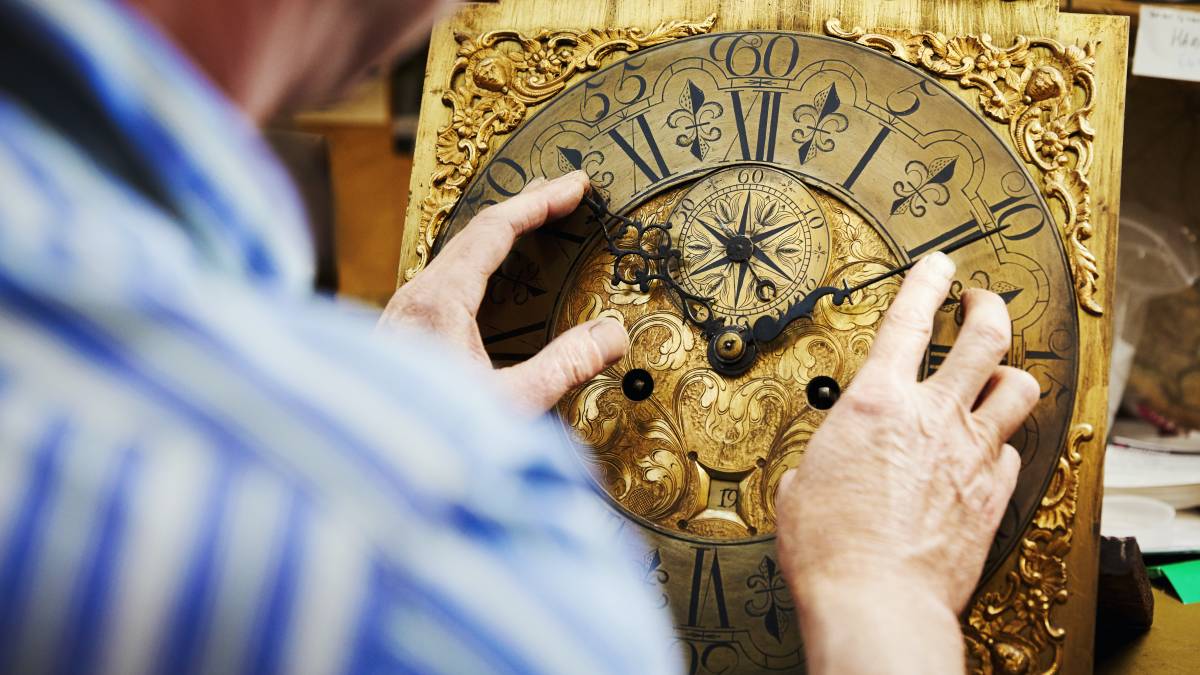
How much does clock repair cost?
Read more

How much does hot tub repair cost?
Read more
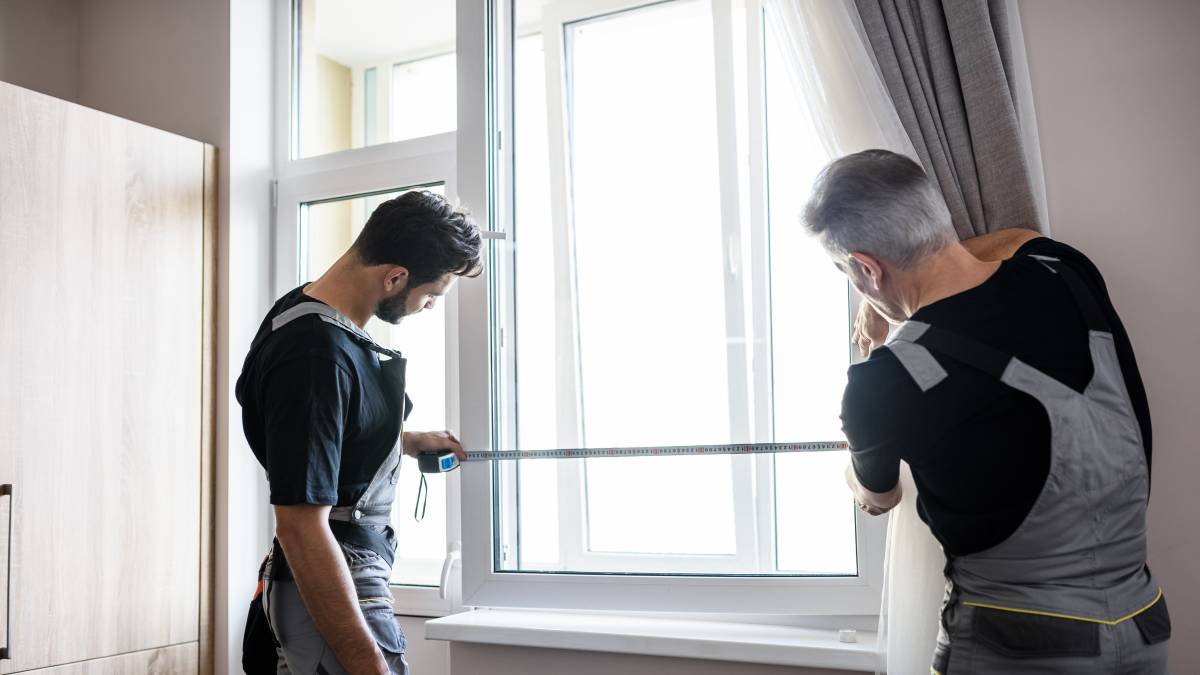
How much do roman blinds cost?
Read more
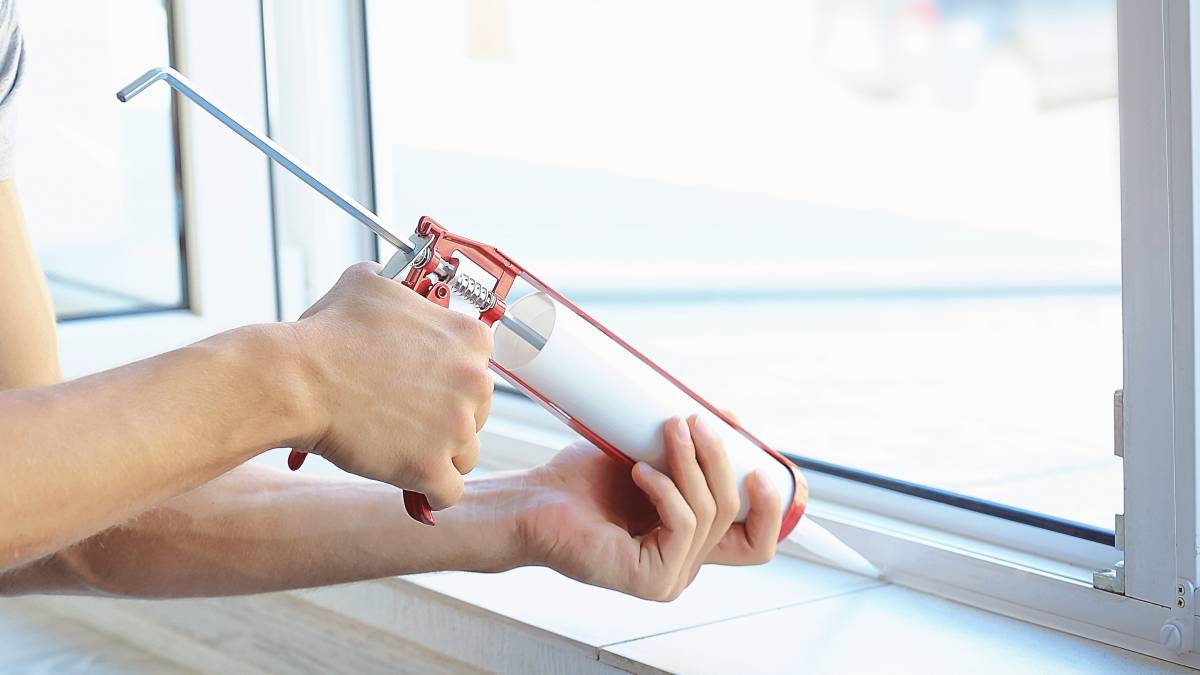
How much does window repair cost?
Read more

How much does signage cost?
Read more
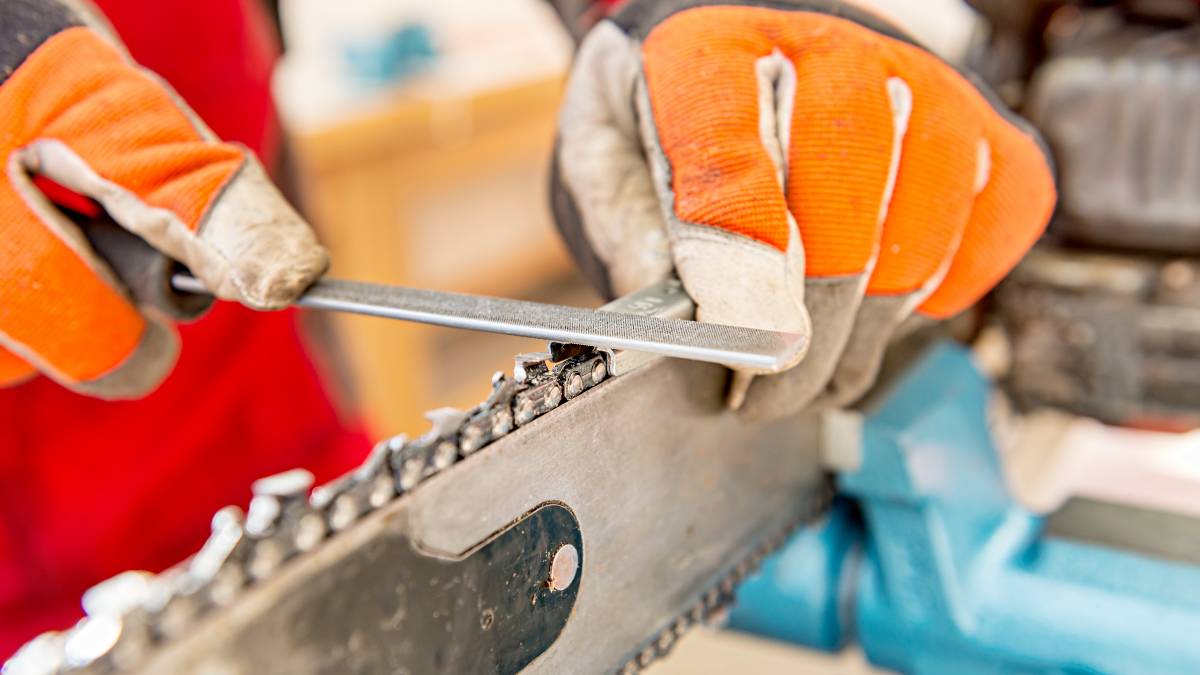
How much do chainsaw services cost?
Read more
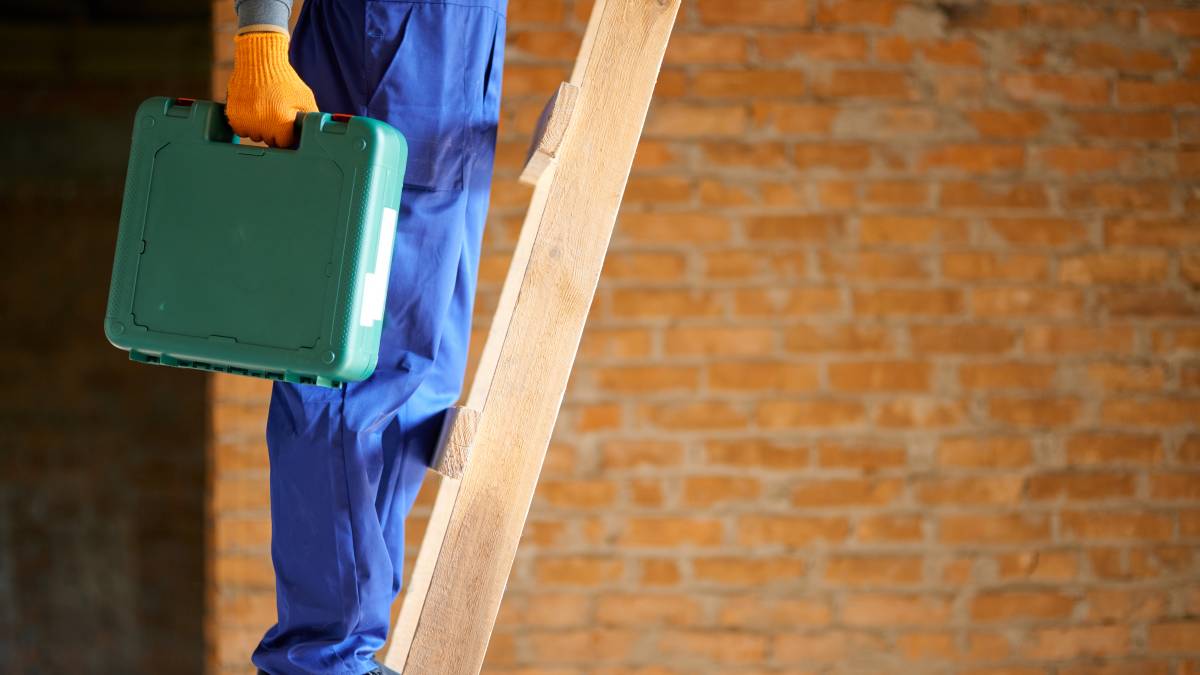
What are average handyman prices?
Read more
Related articles
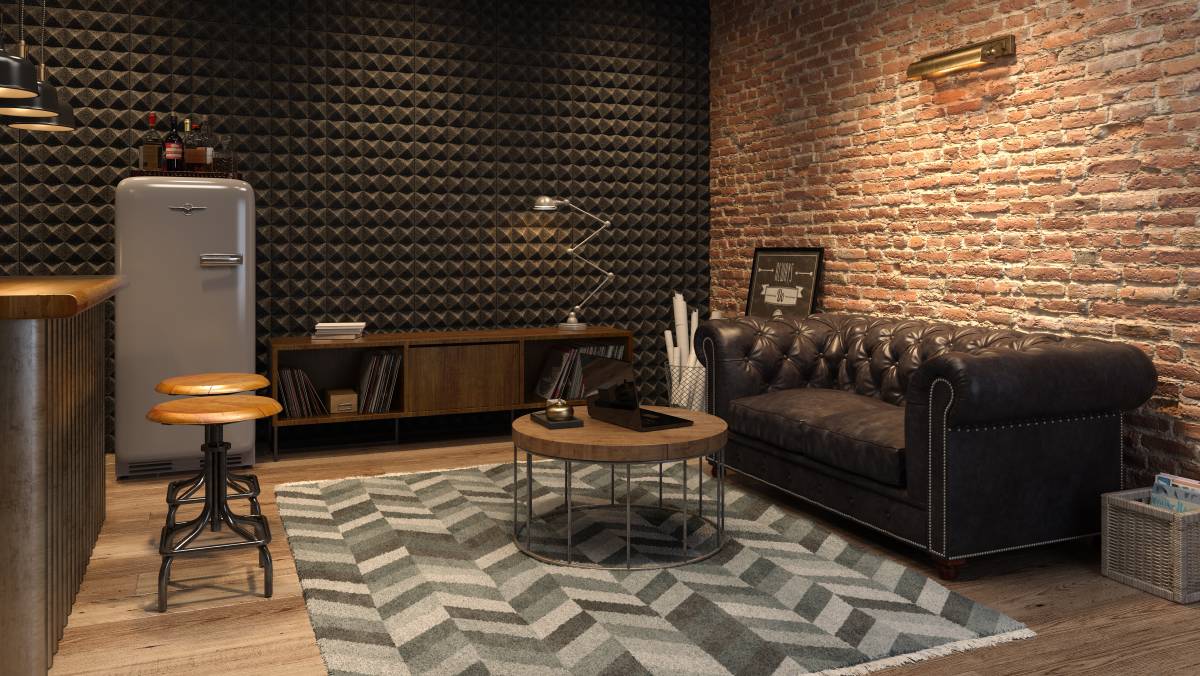
How to Soundproof a Room
Read more
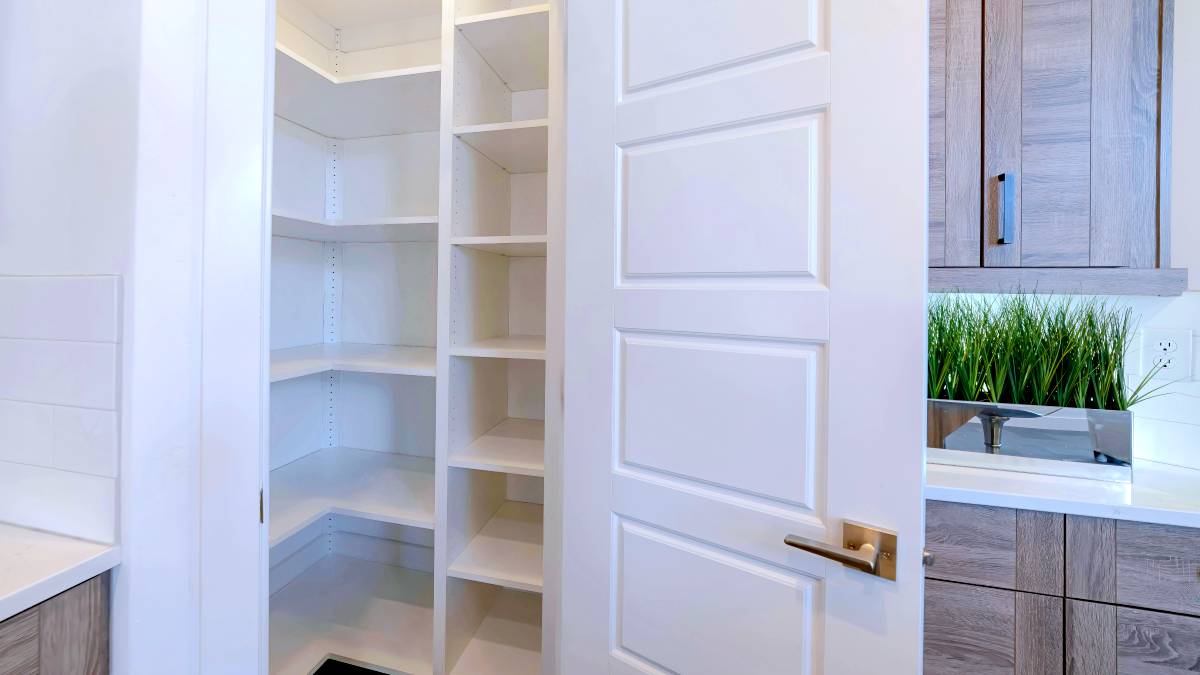
30 Eye-catching pantry door ideas
Read more
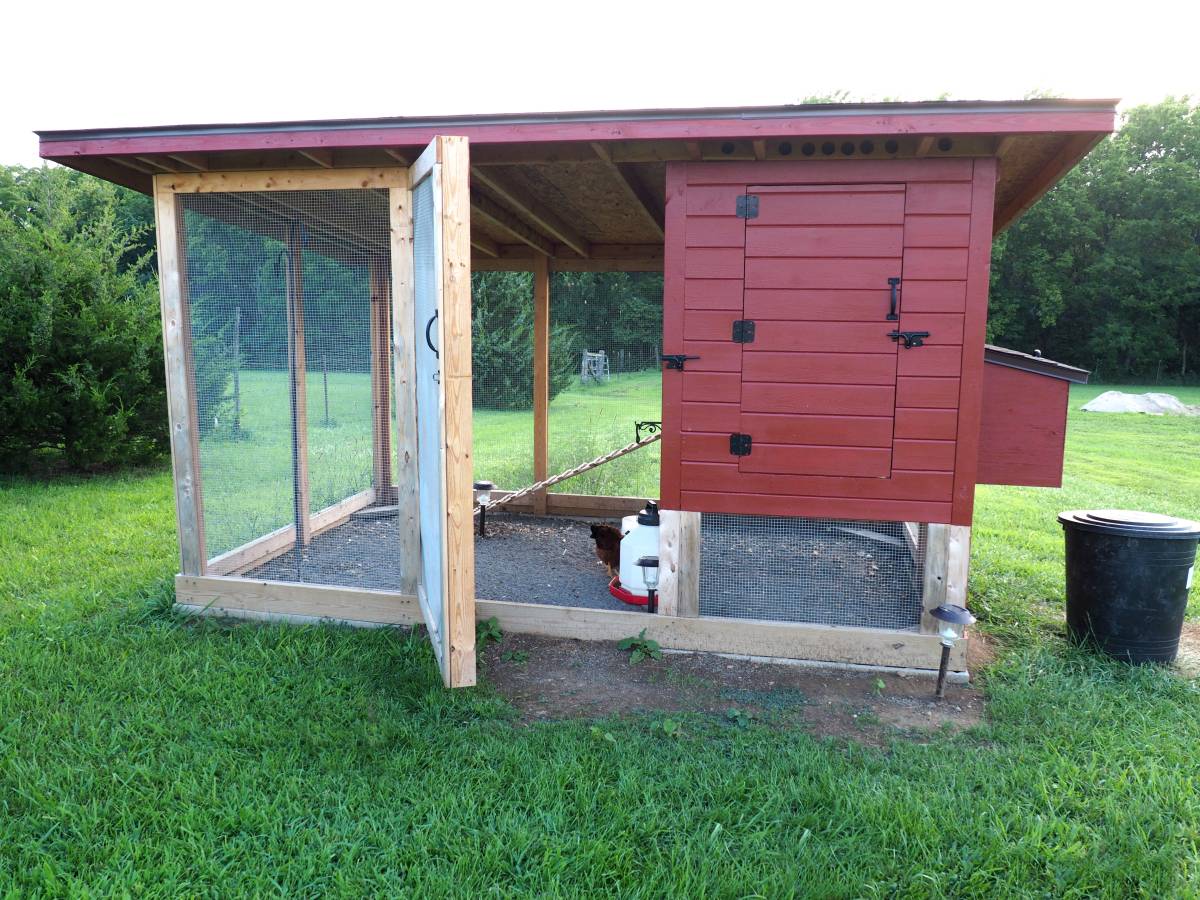
How to fox proof your chicken coop
Read more
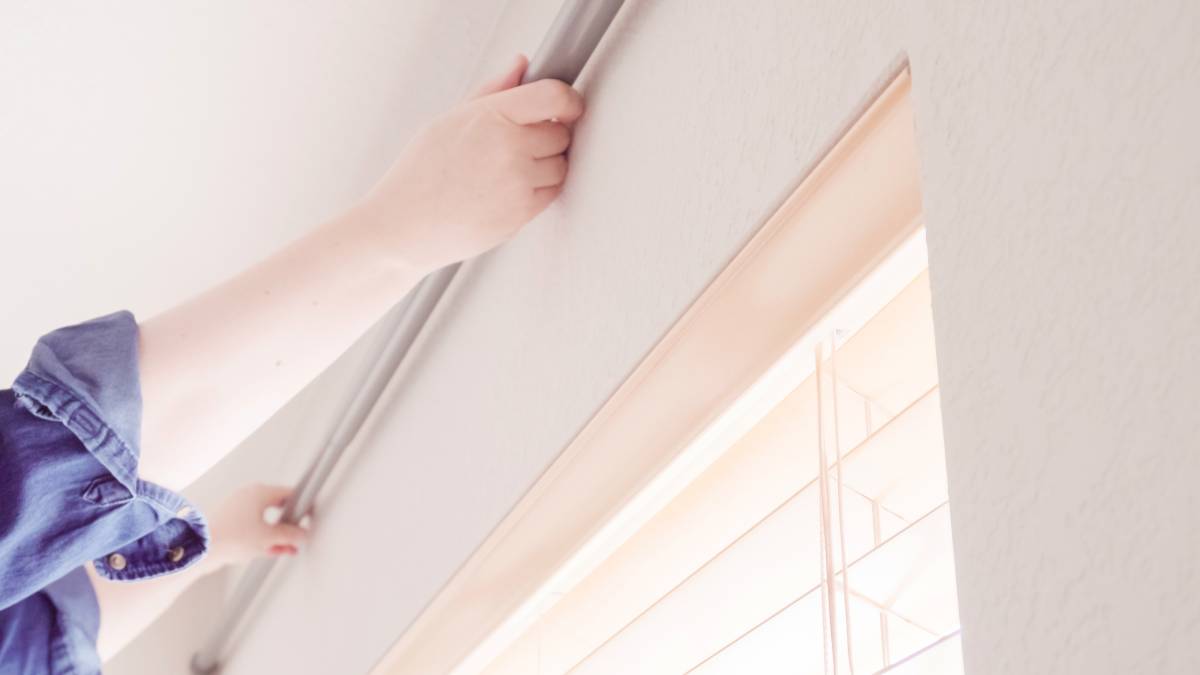
How to install curtain rods
Read more

Best blue-collar jobs on Airtasker
Read more
